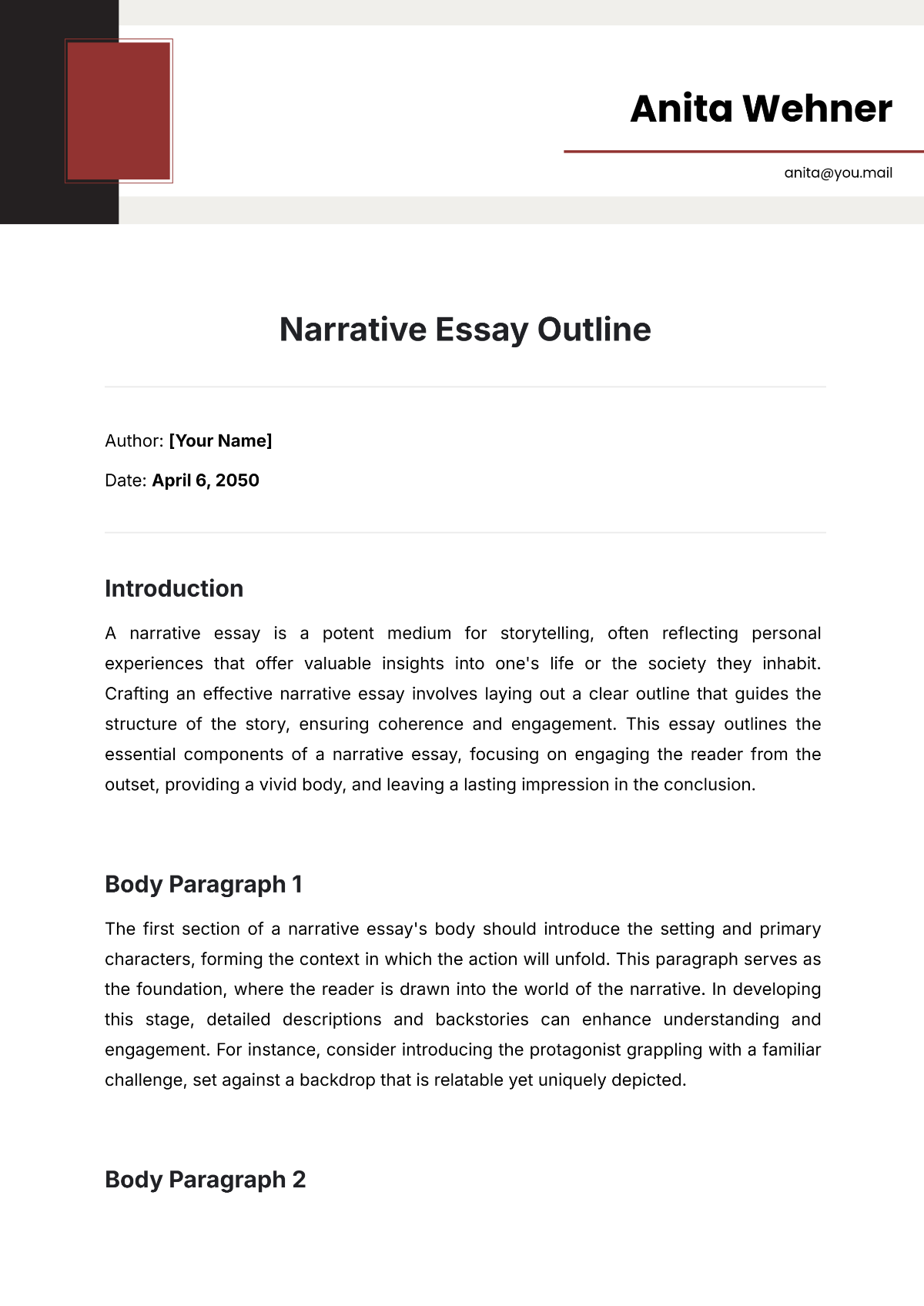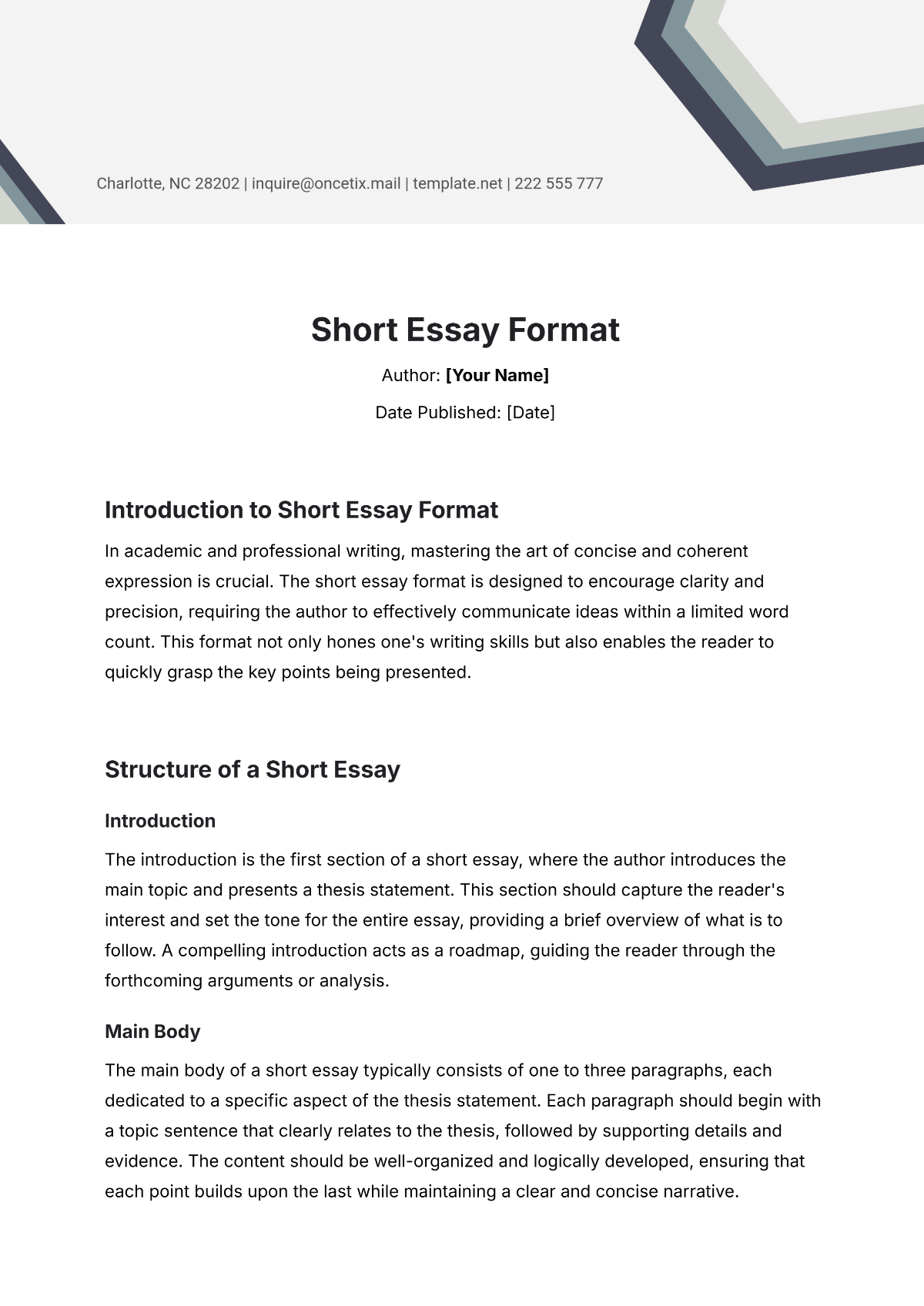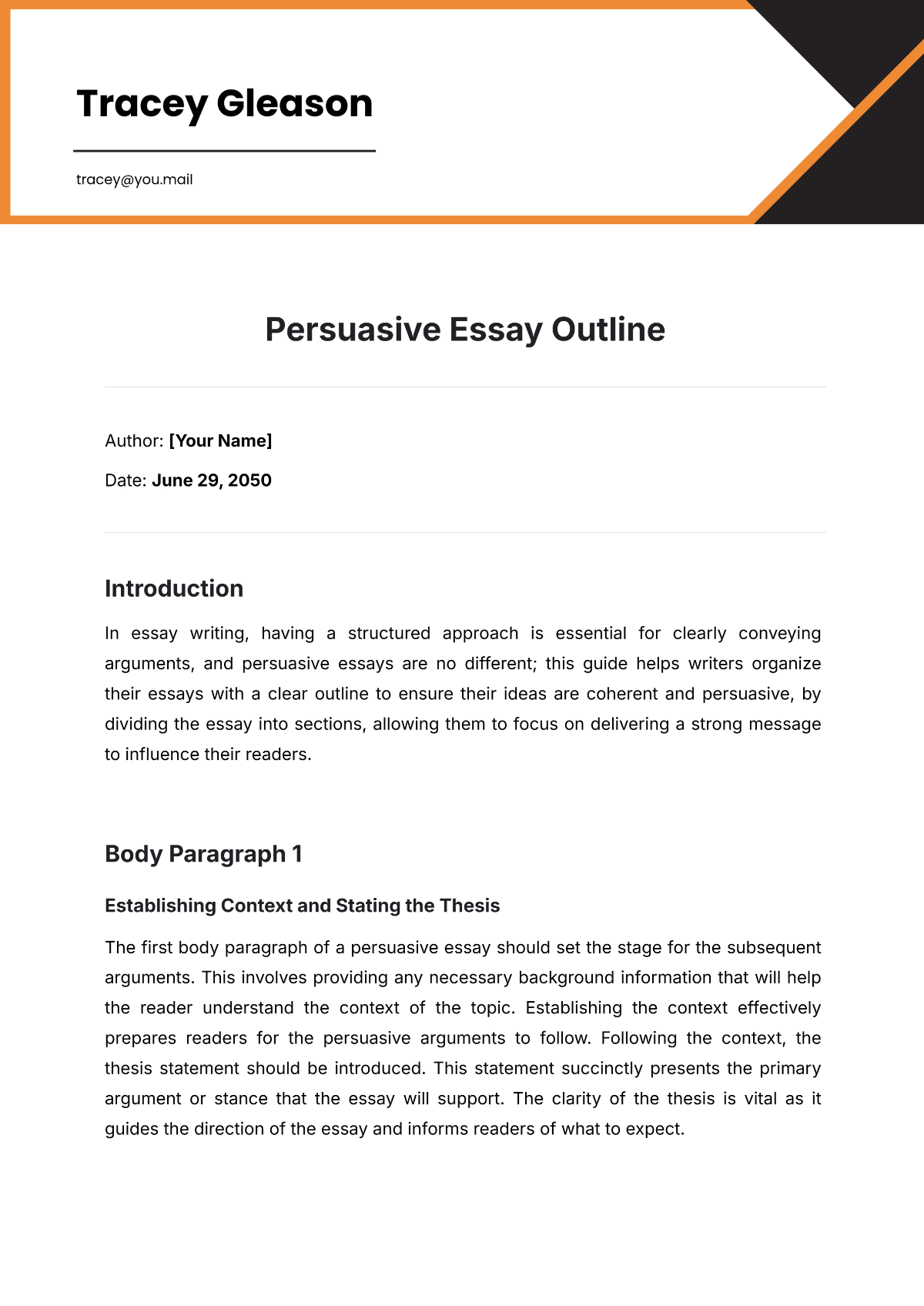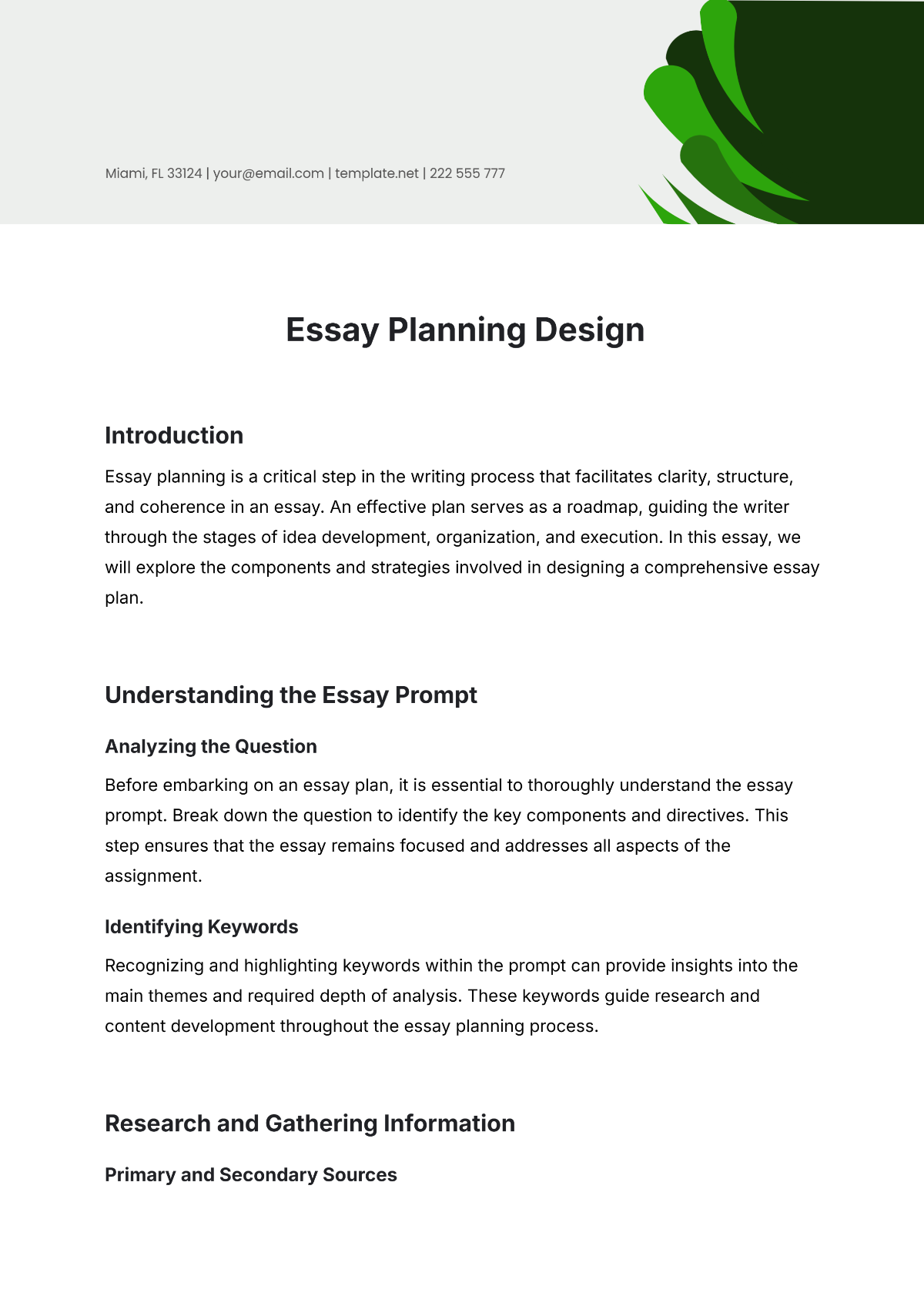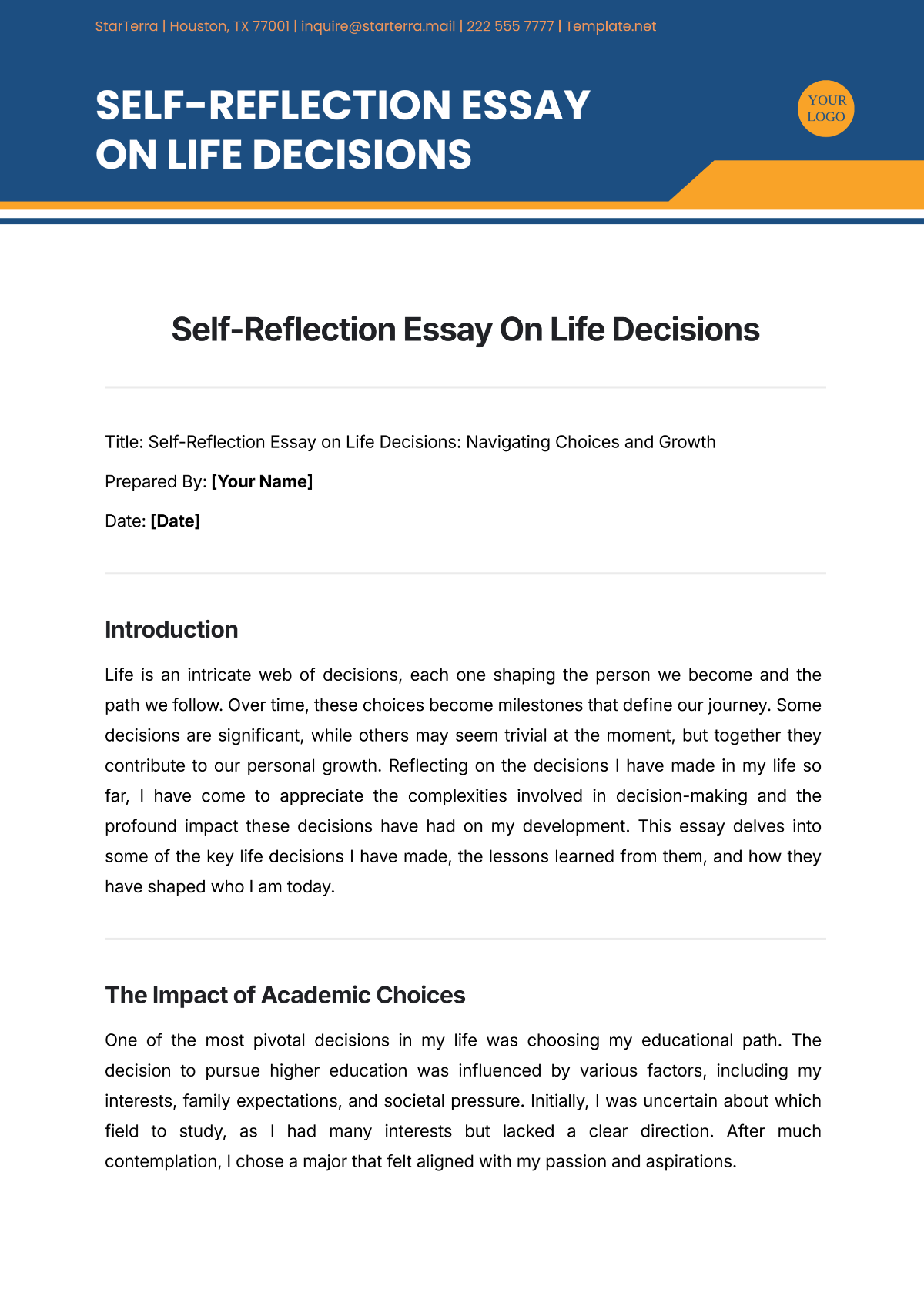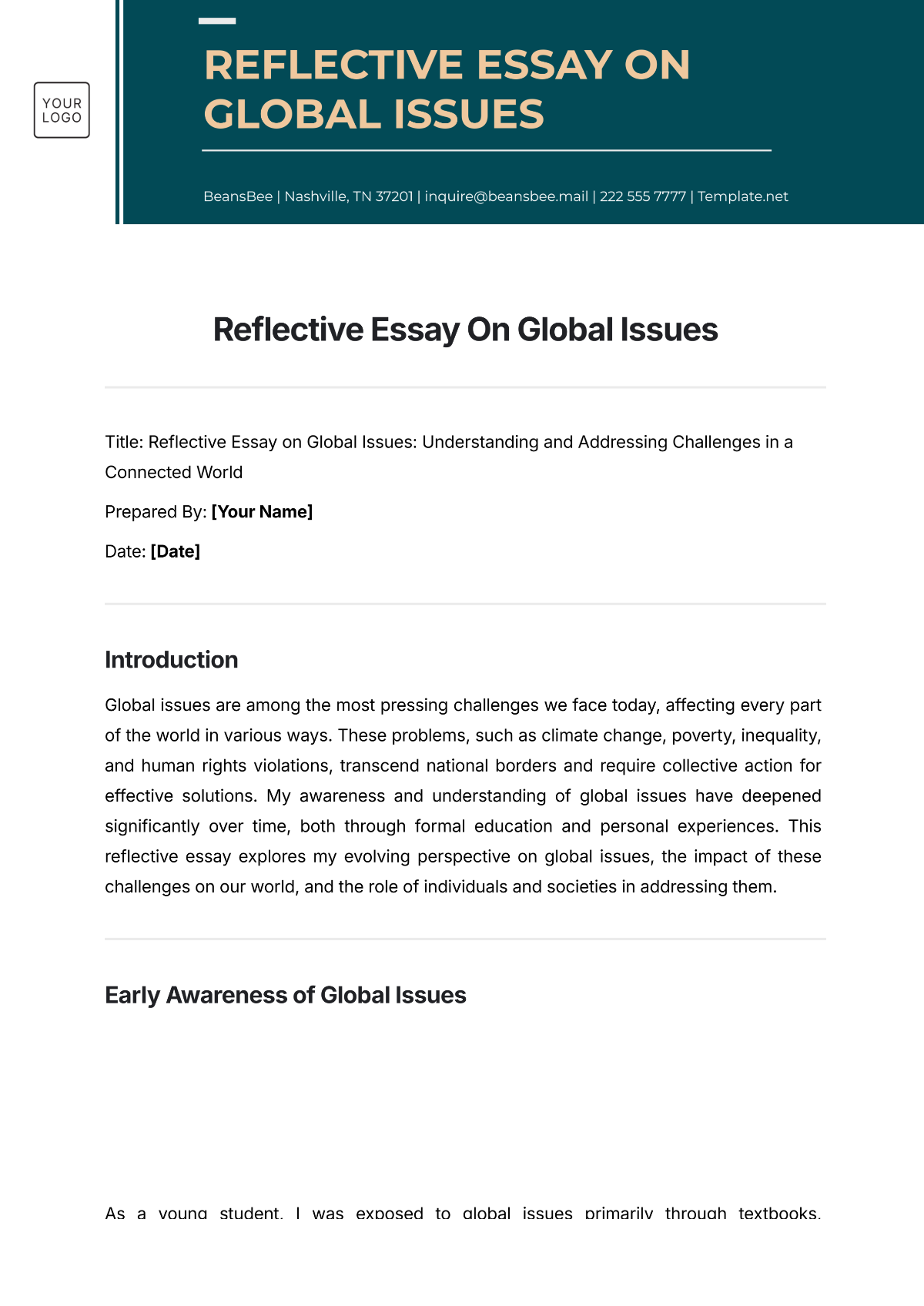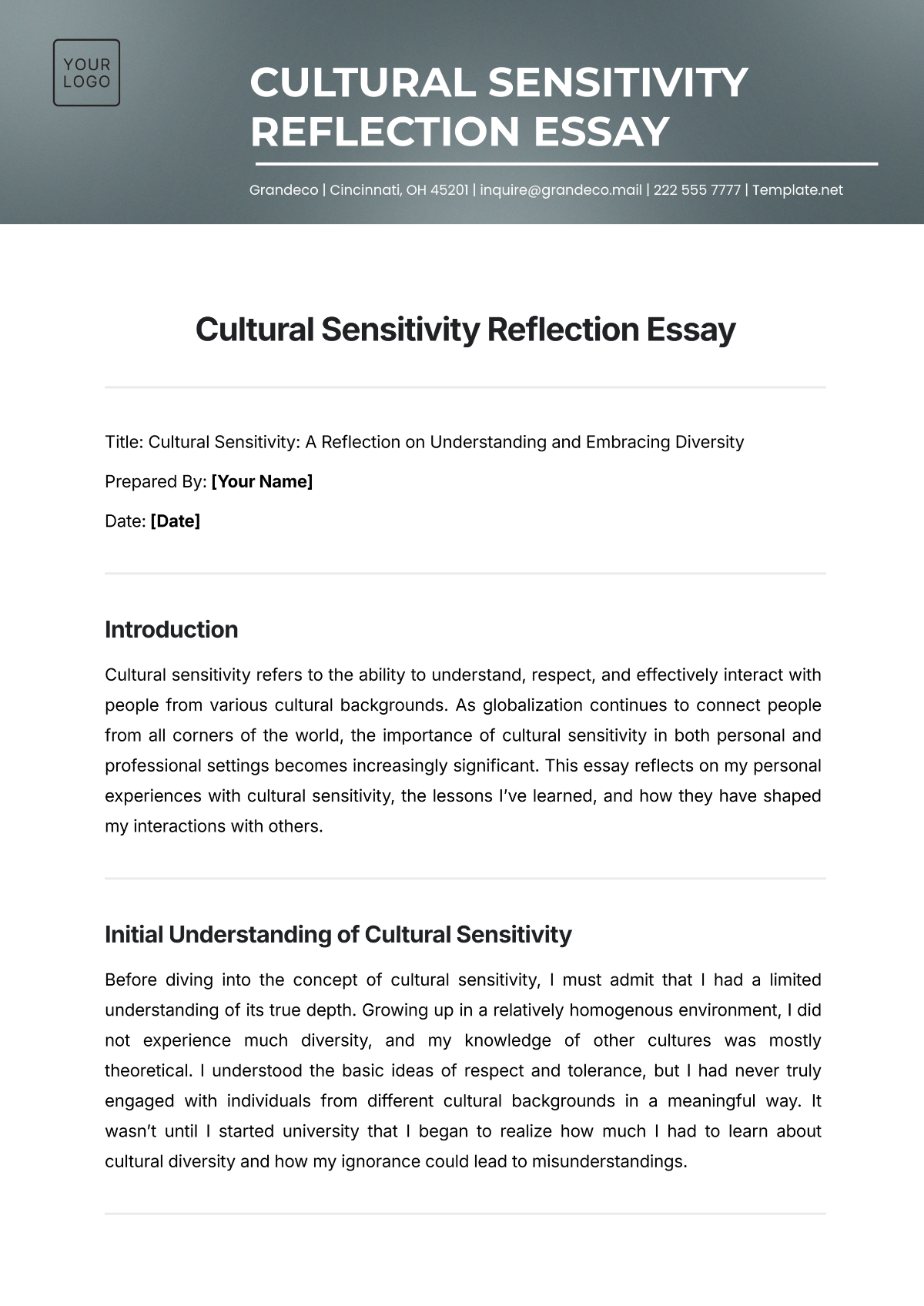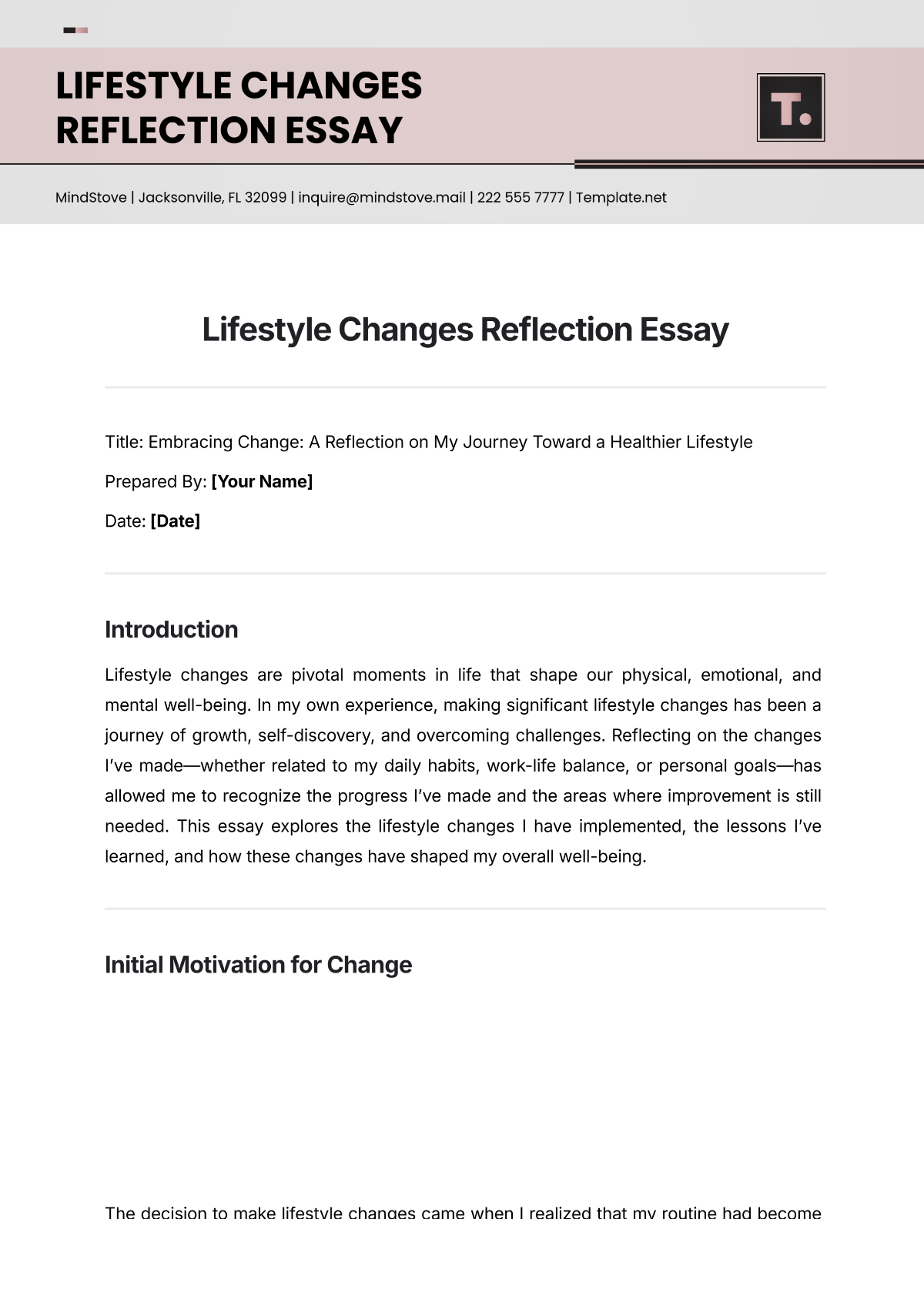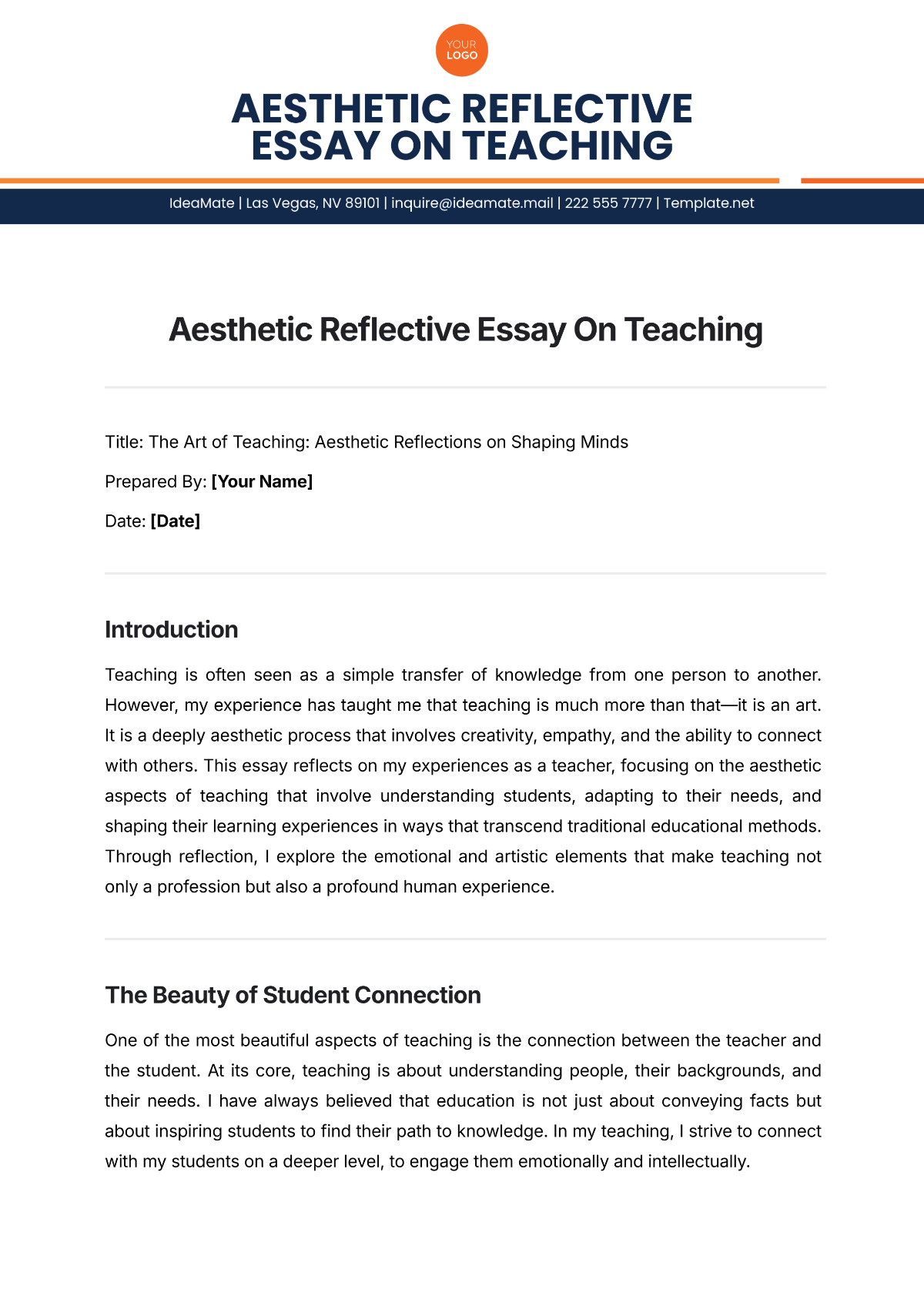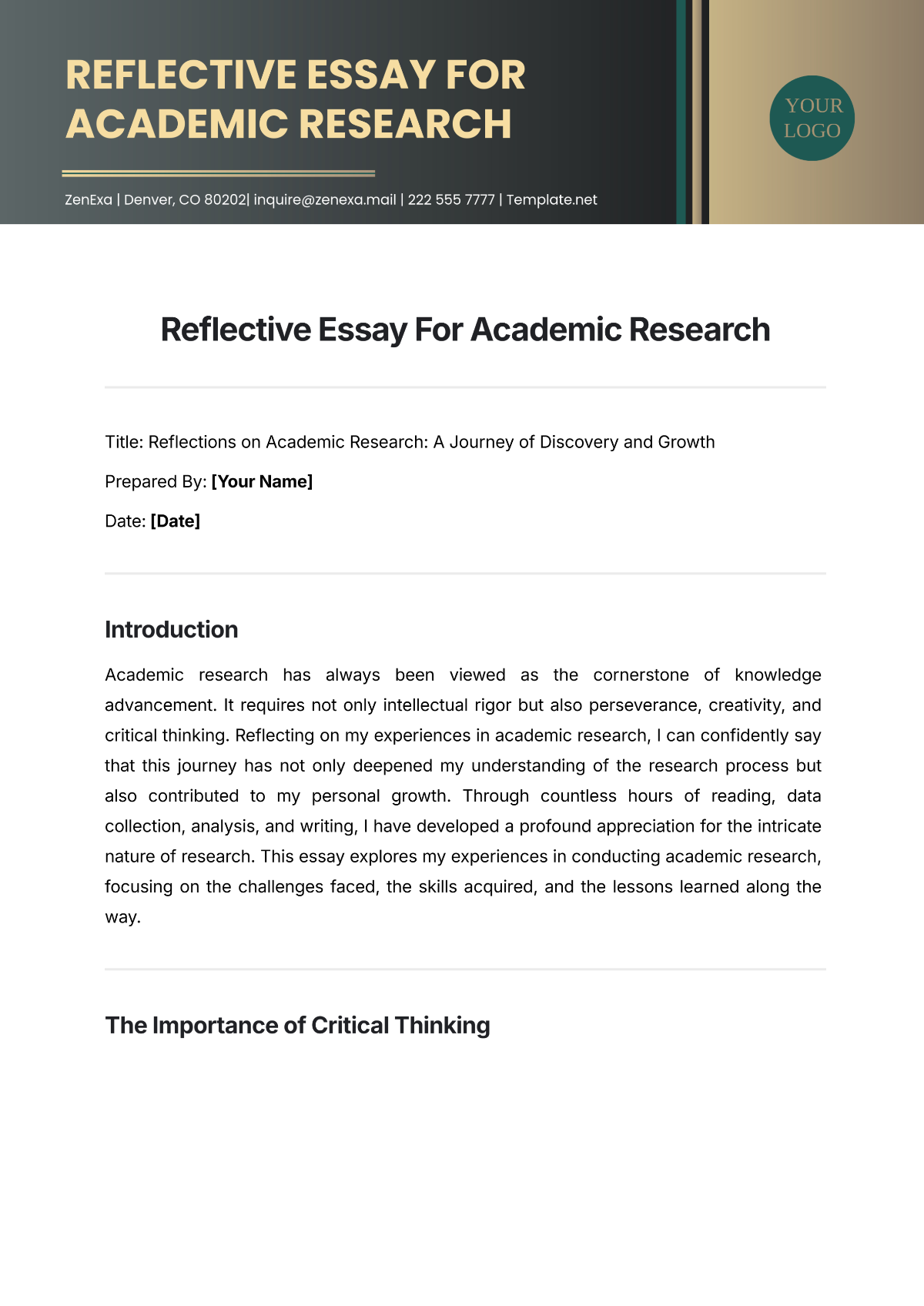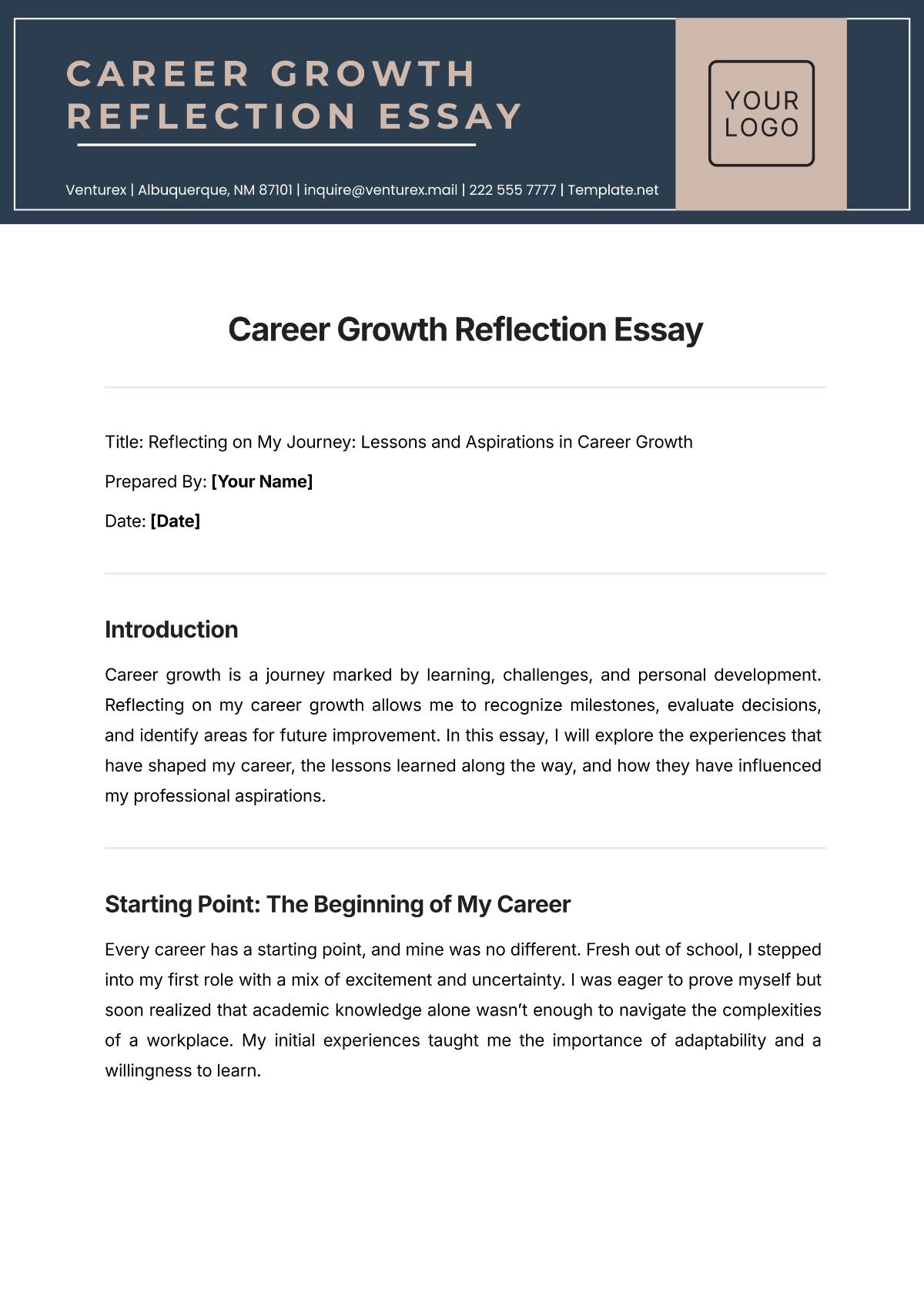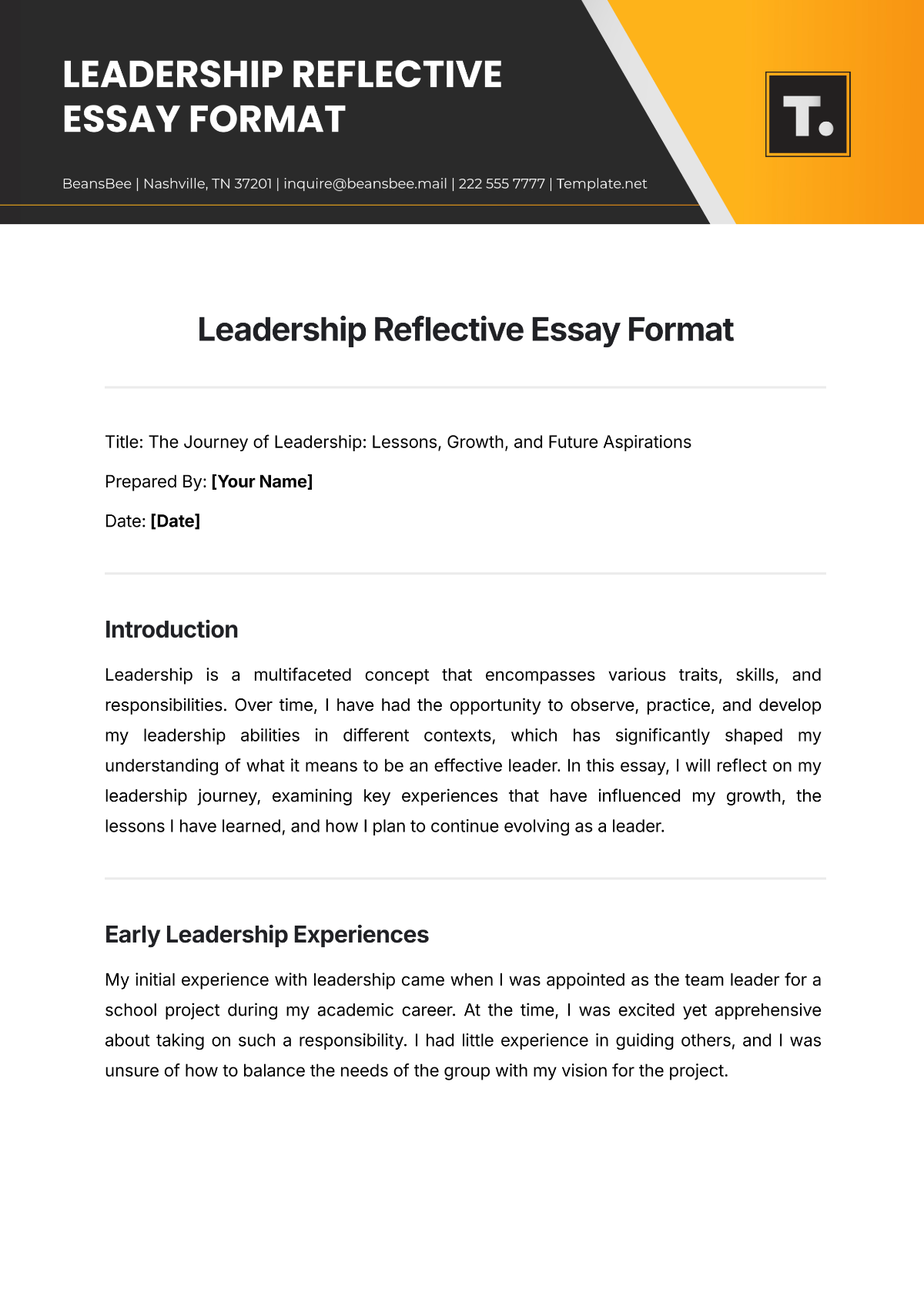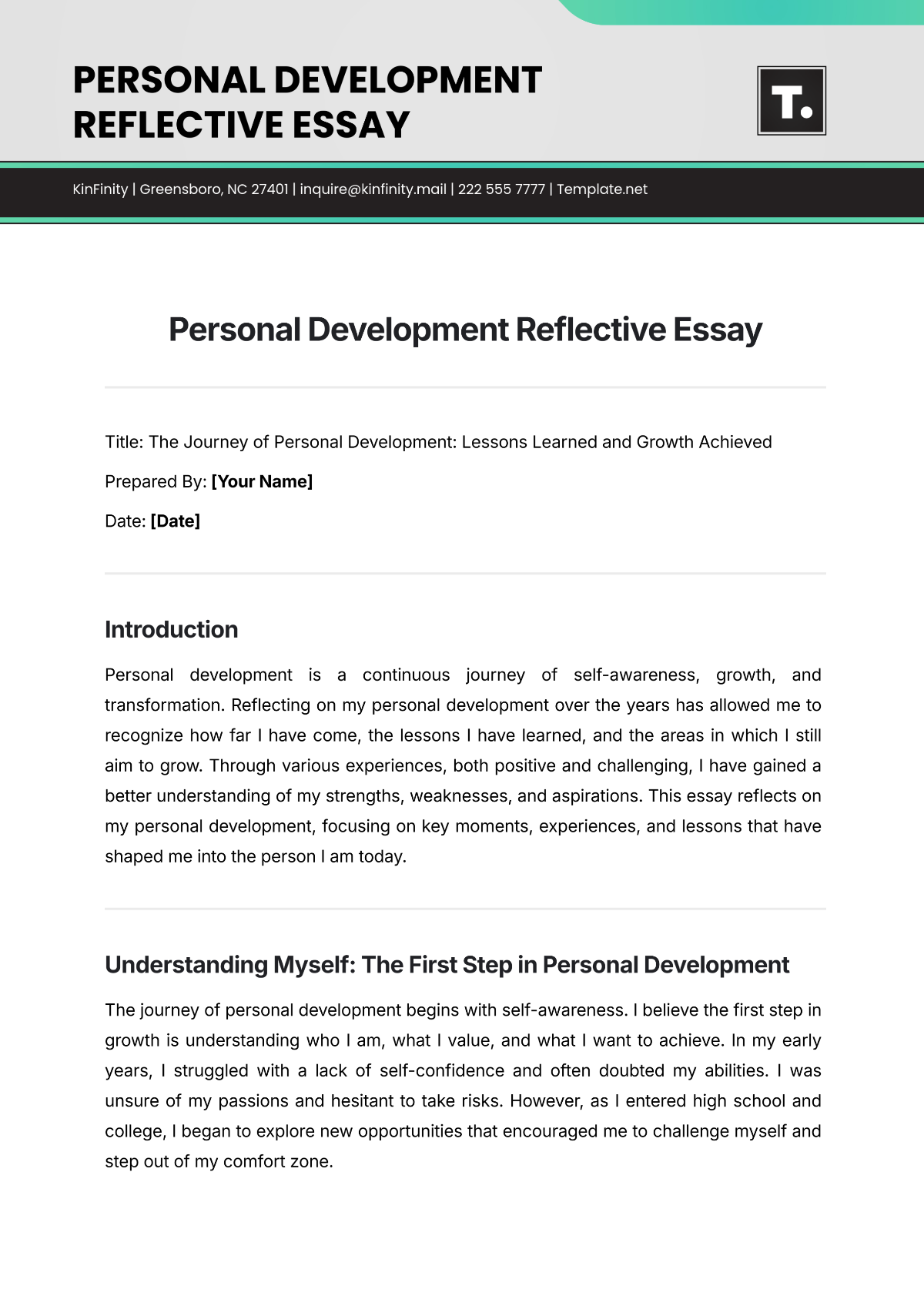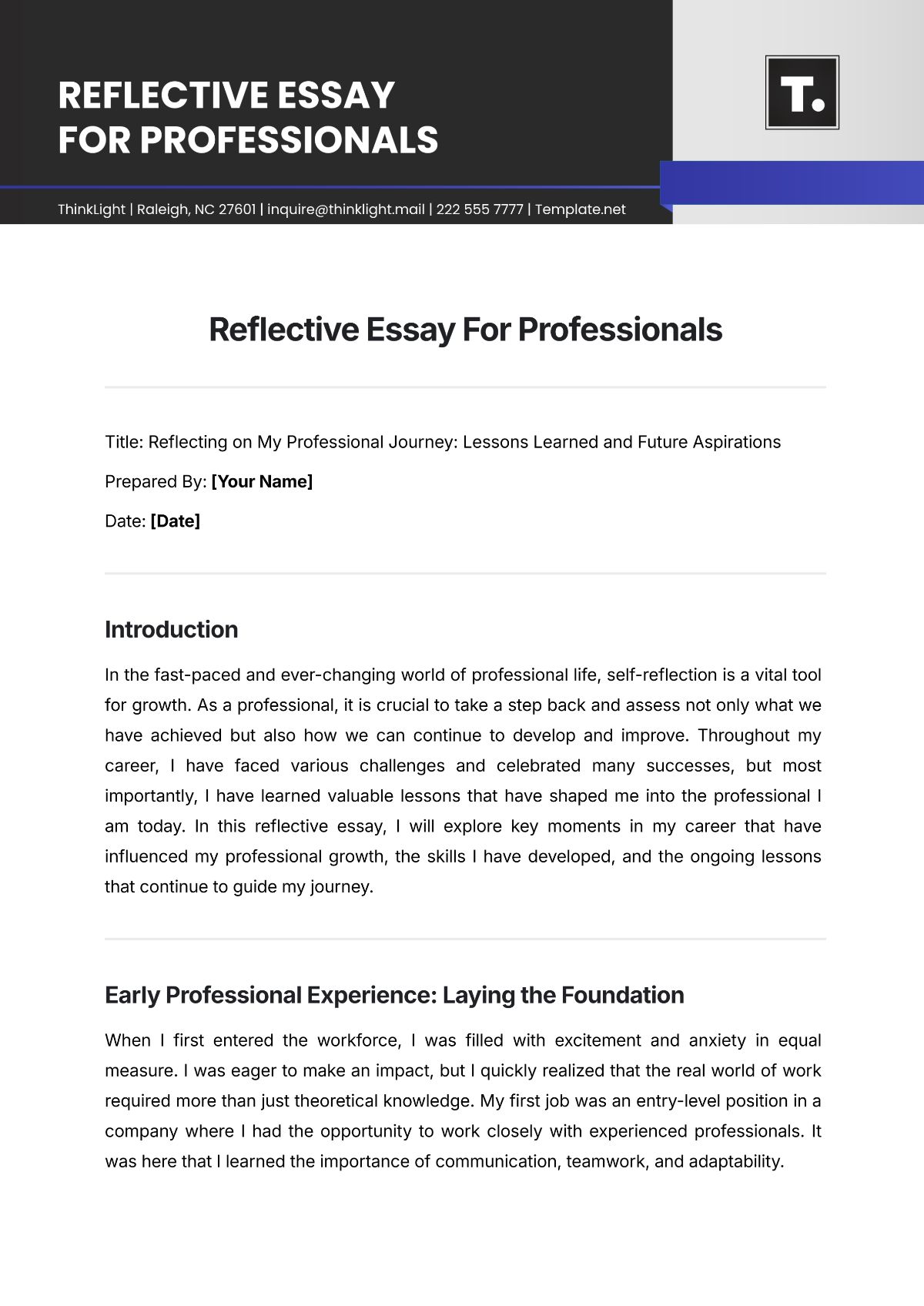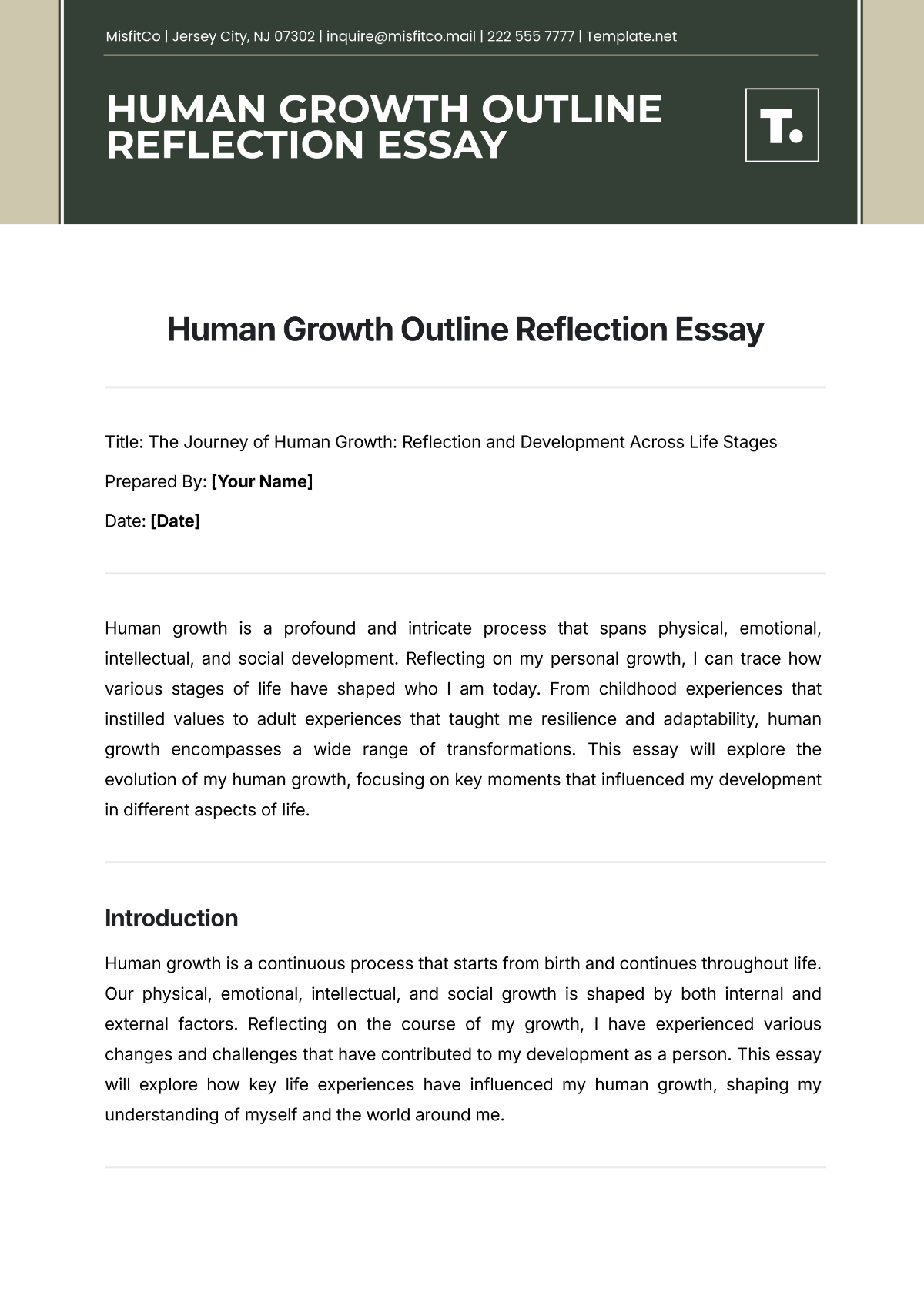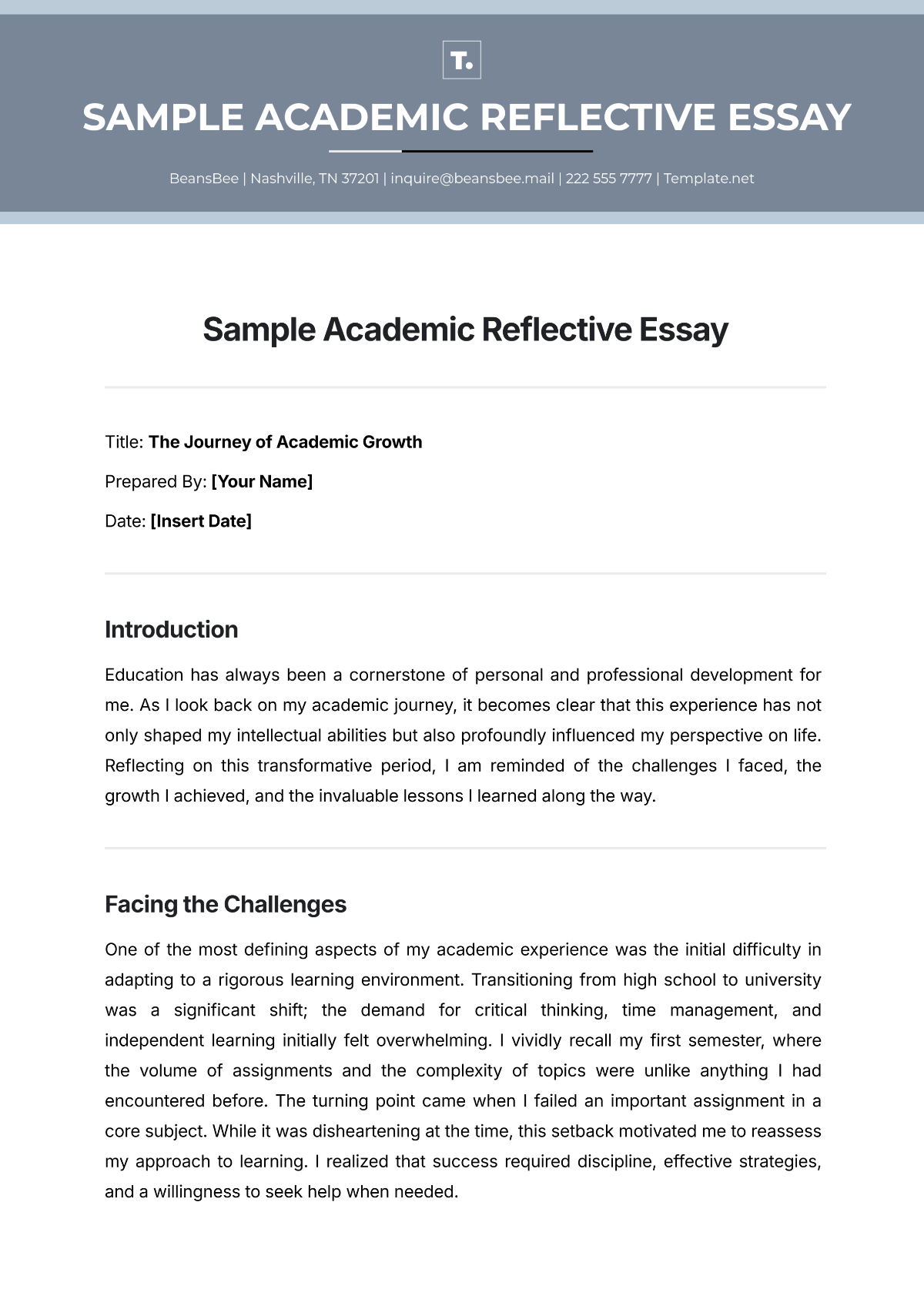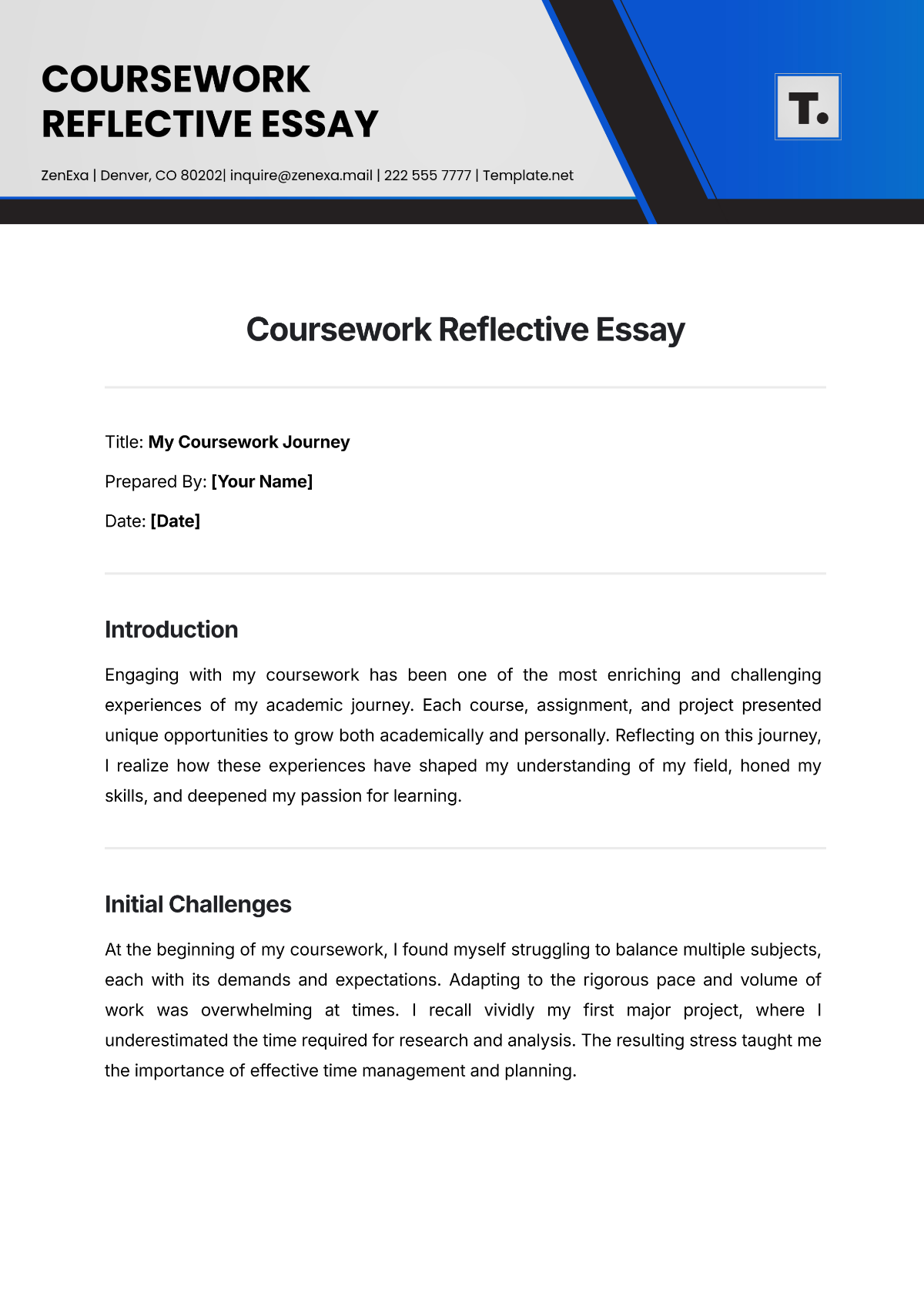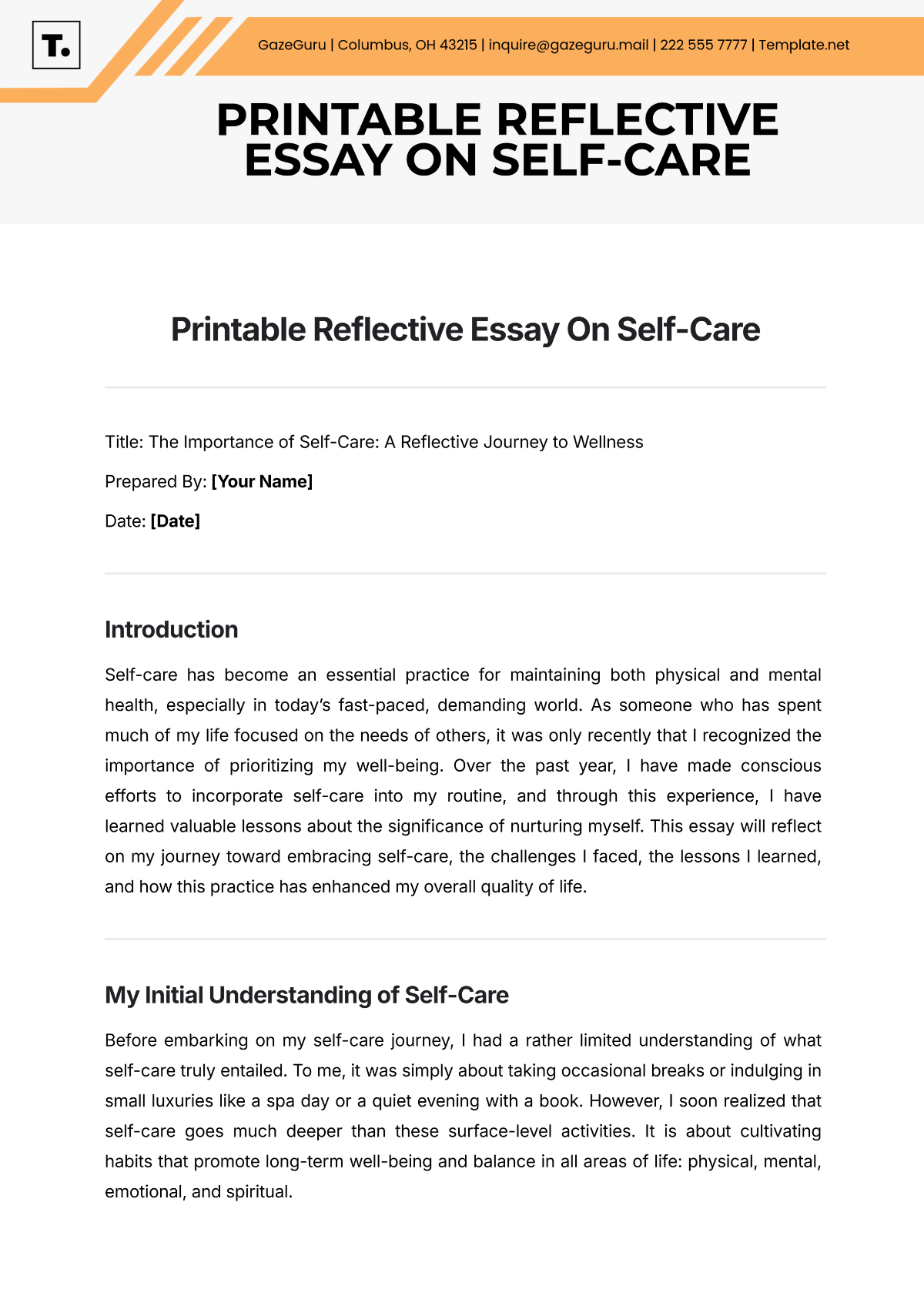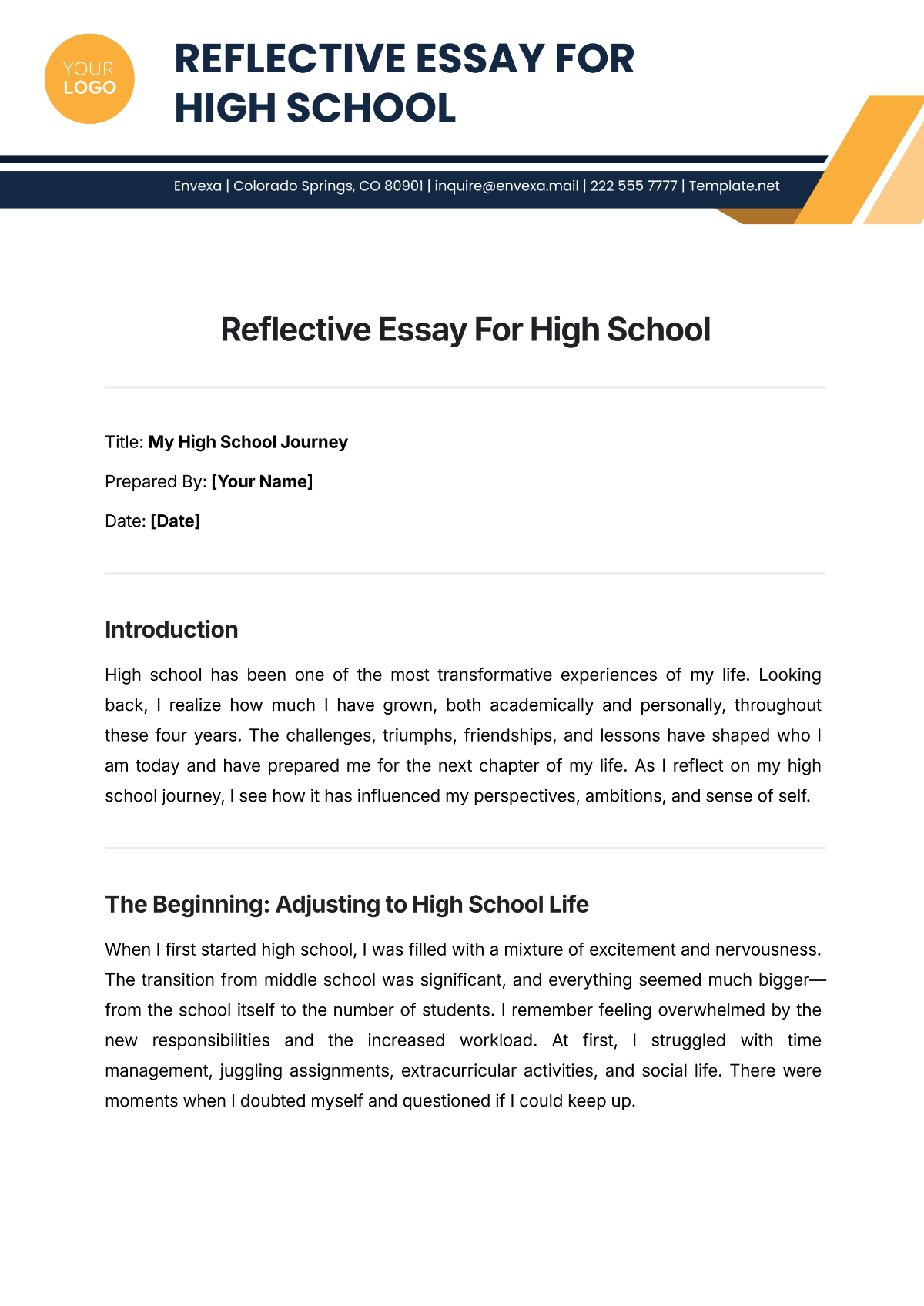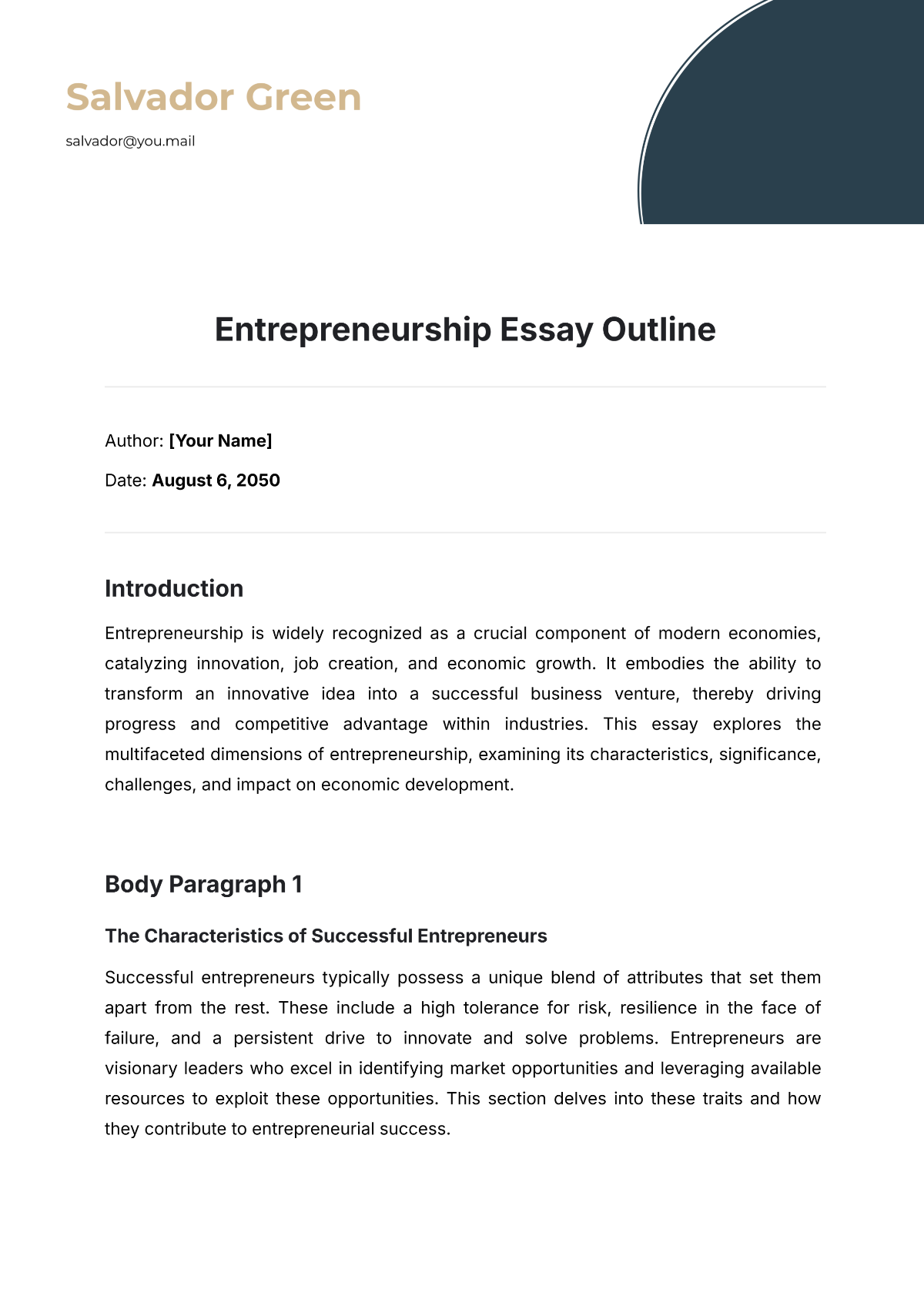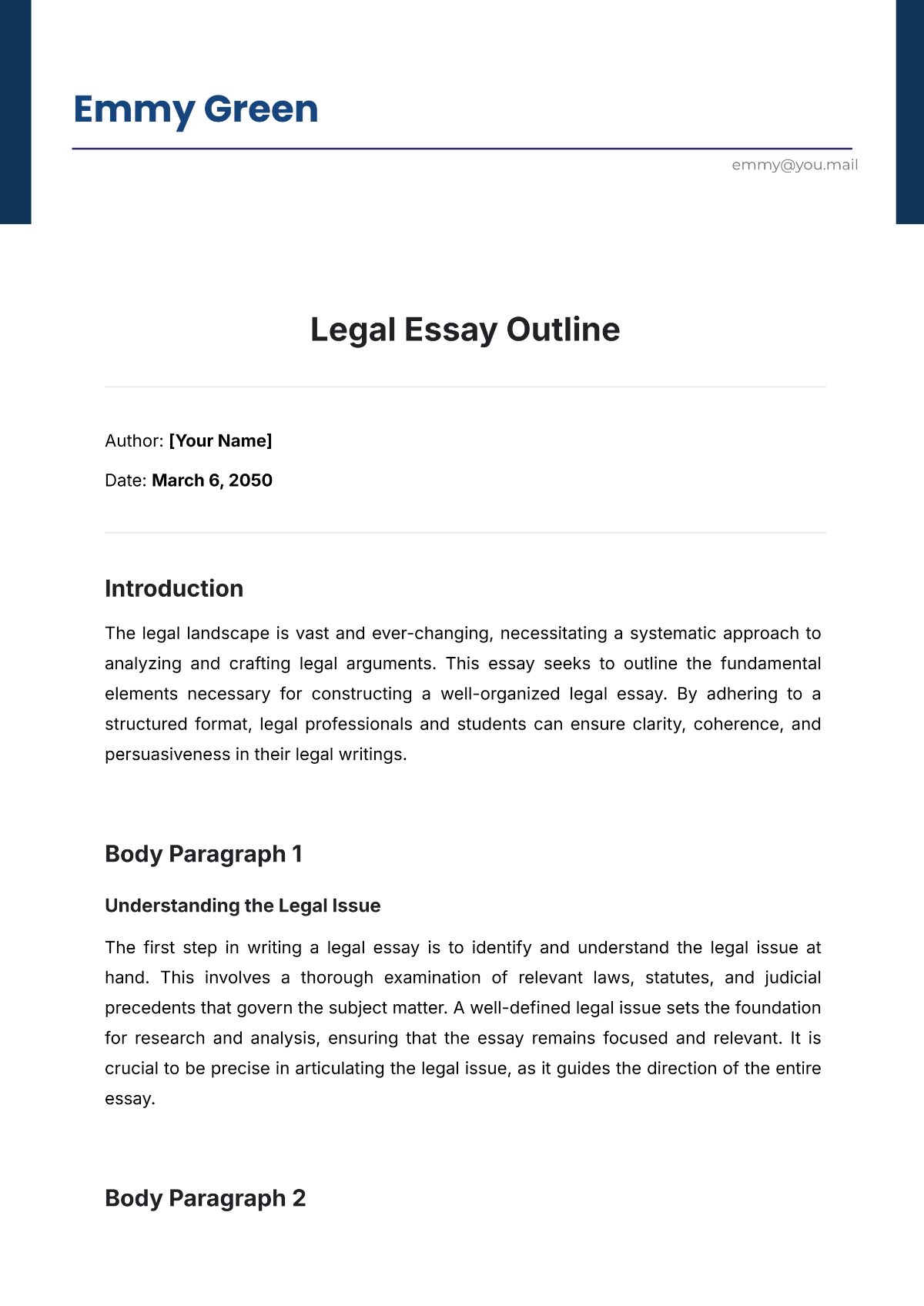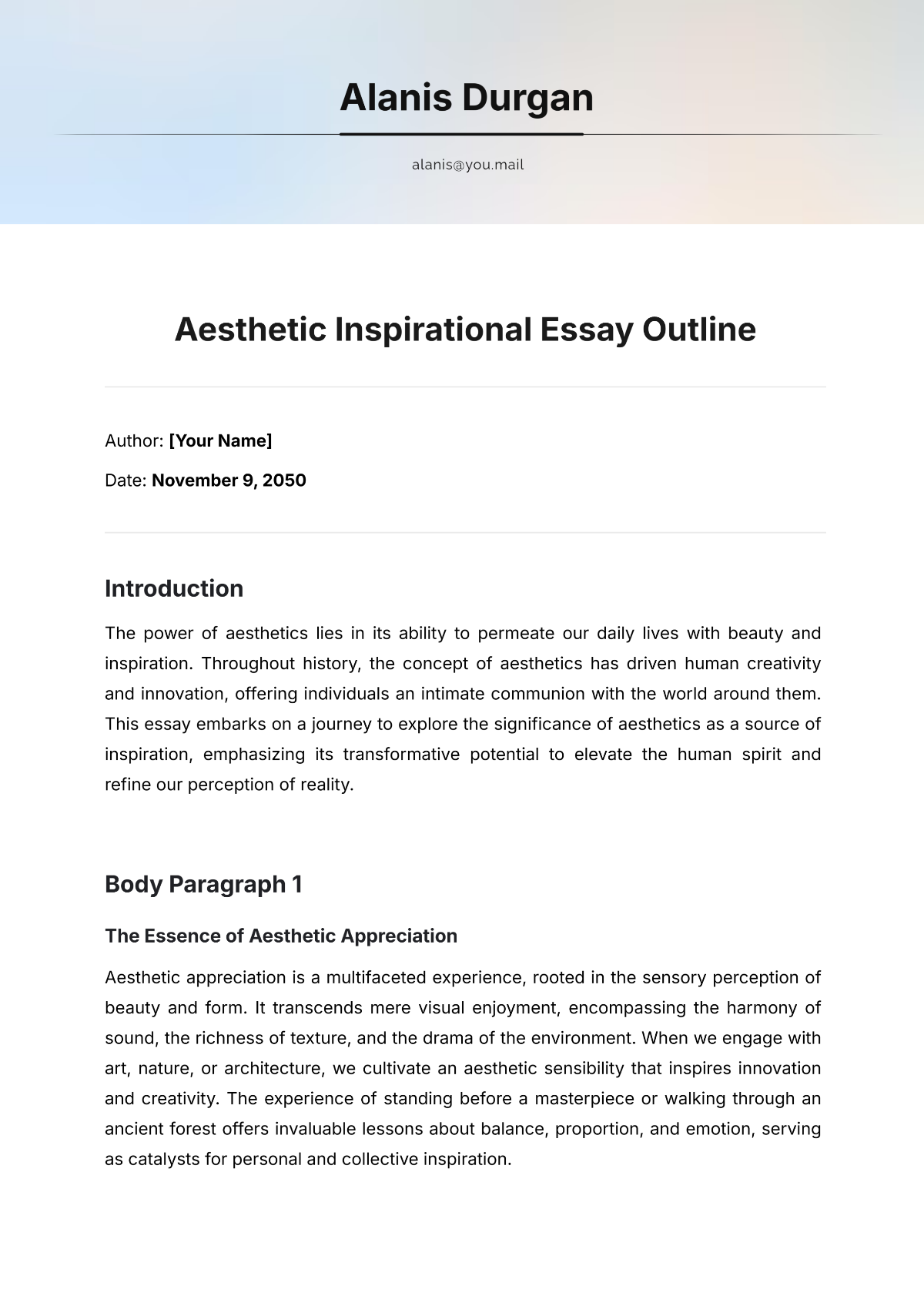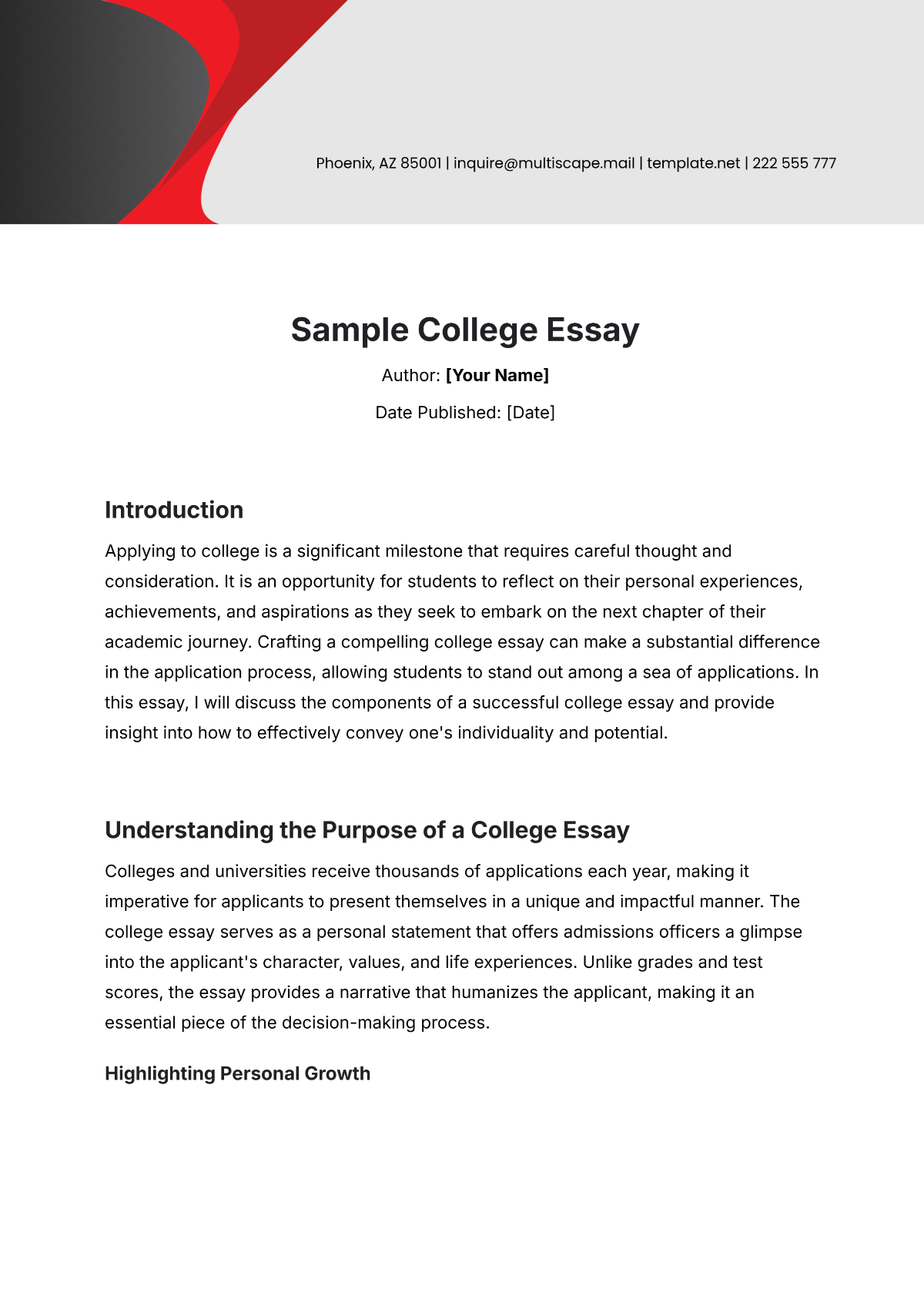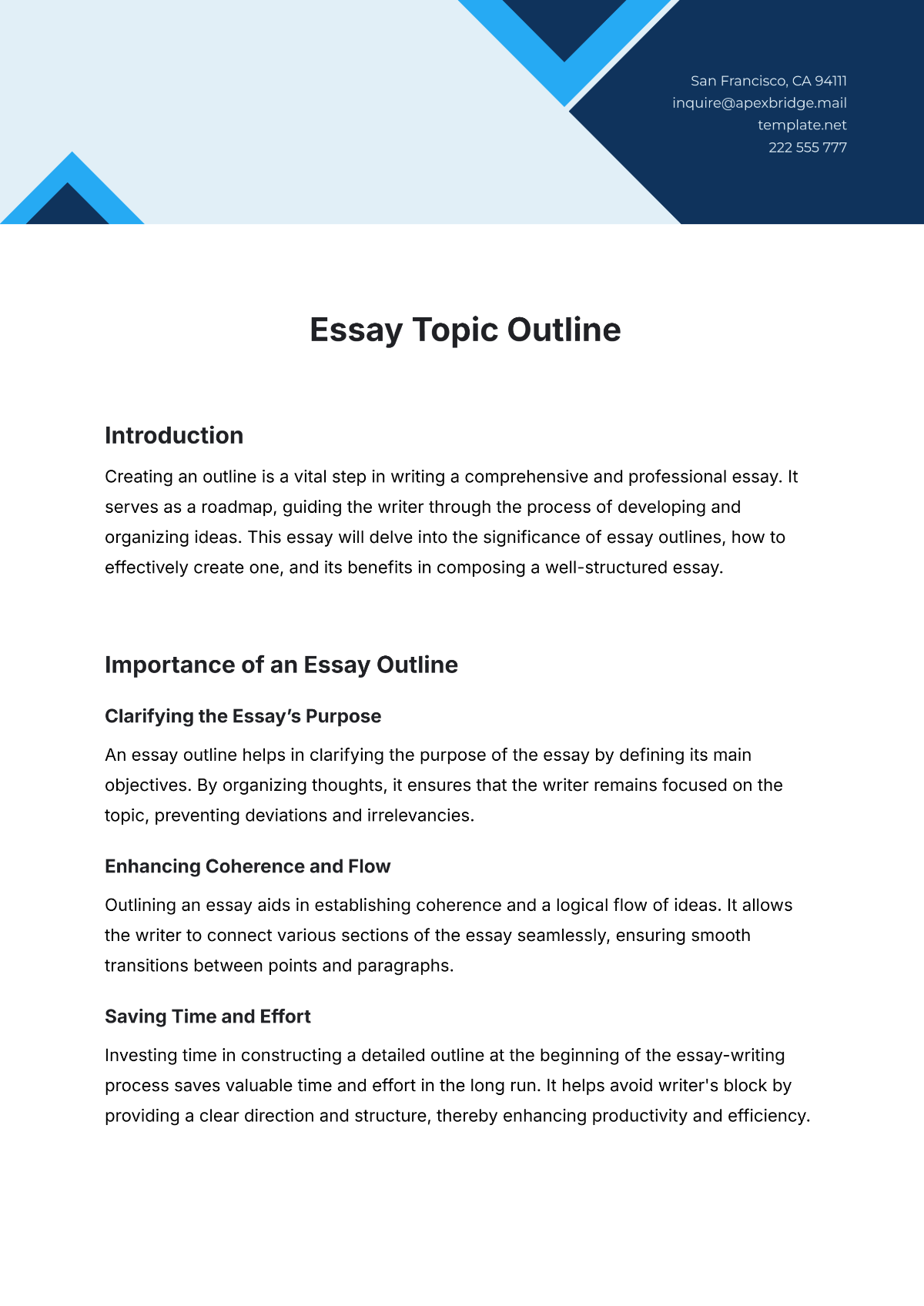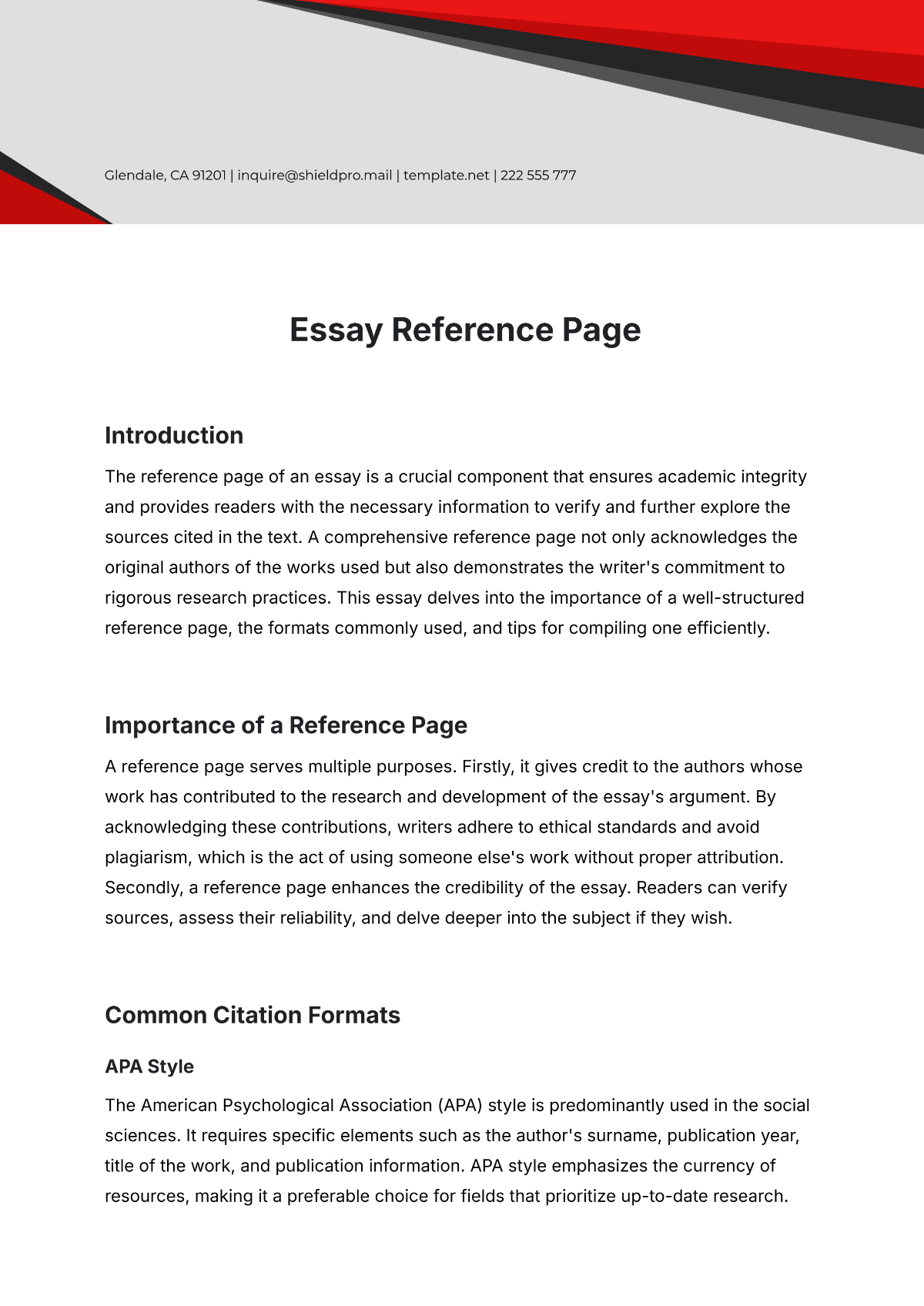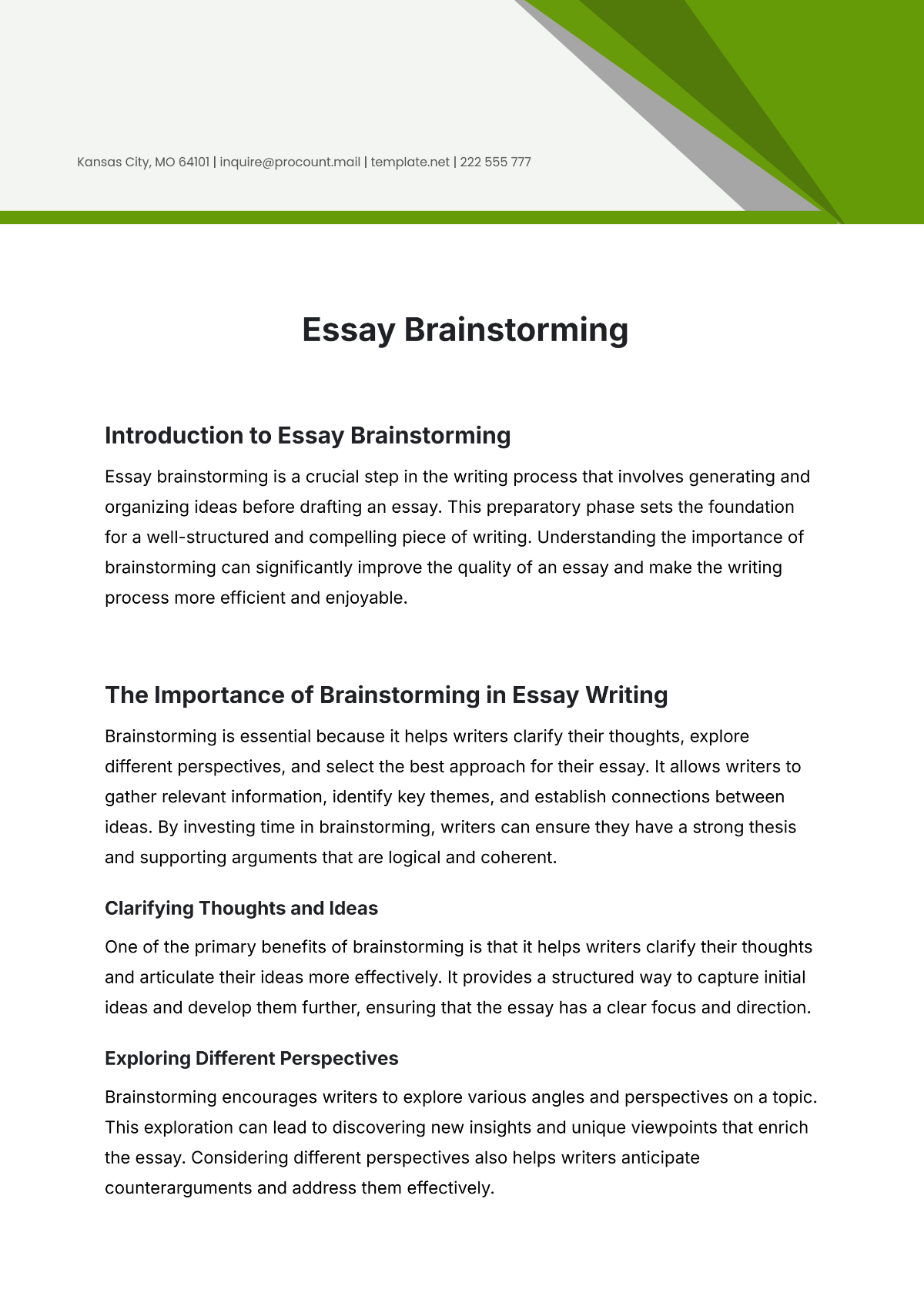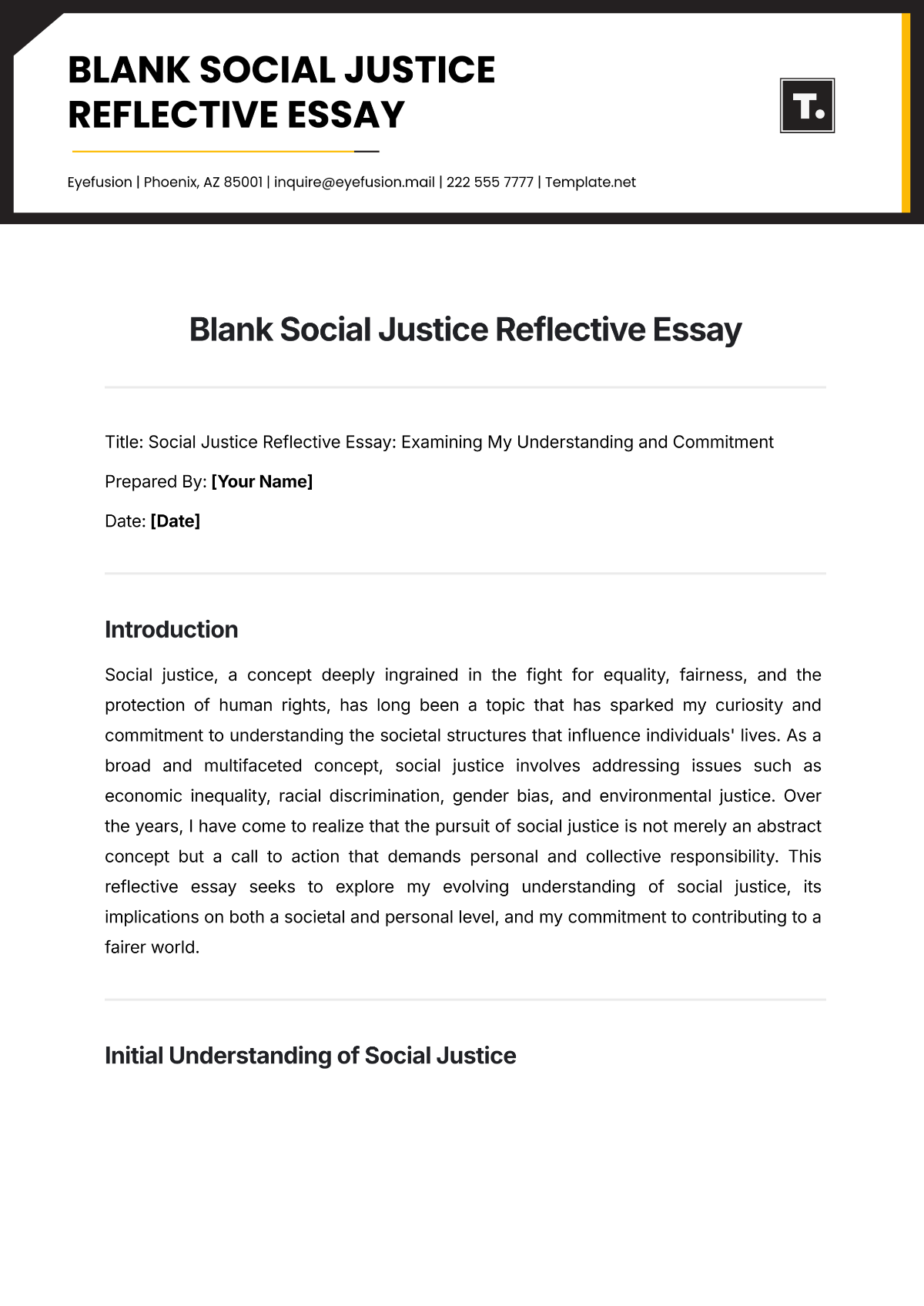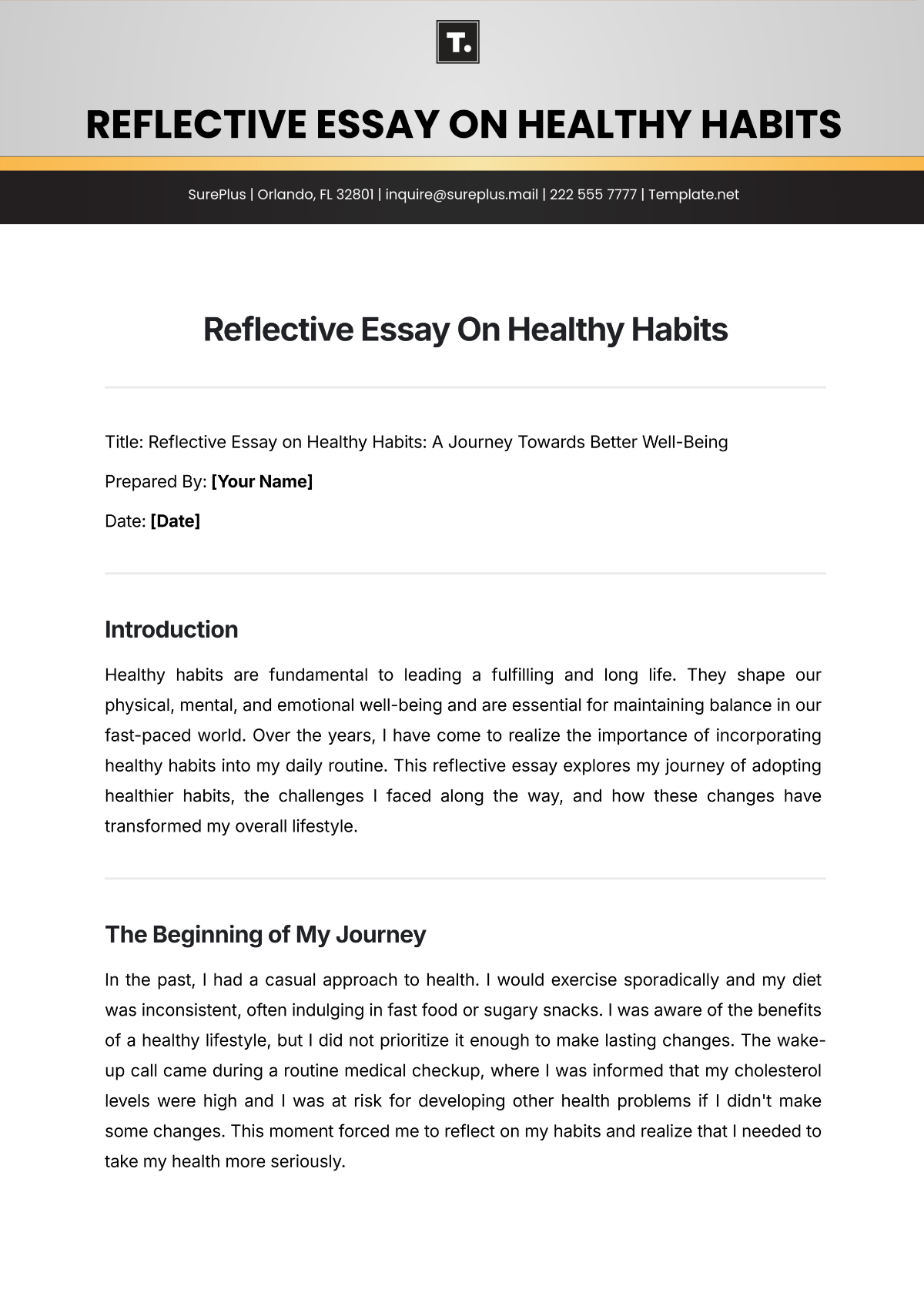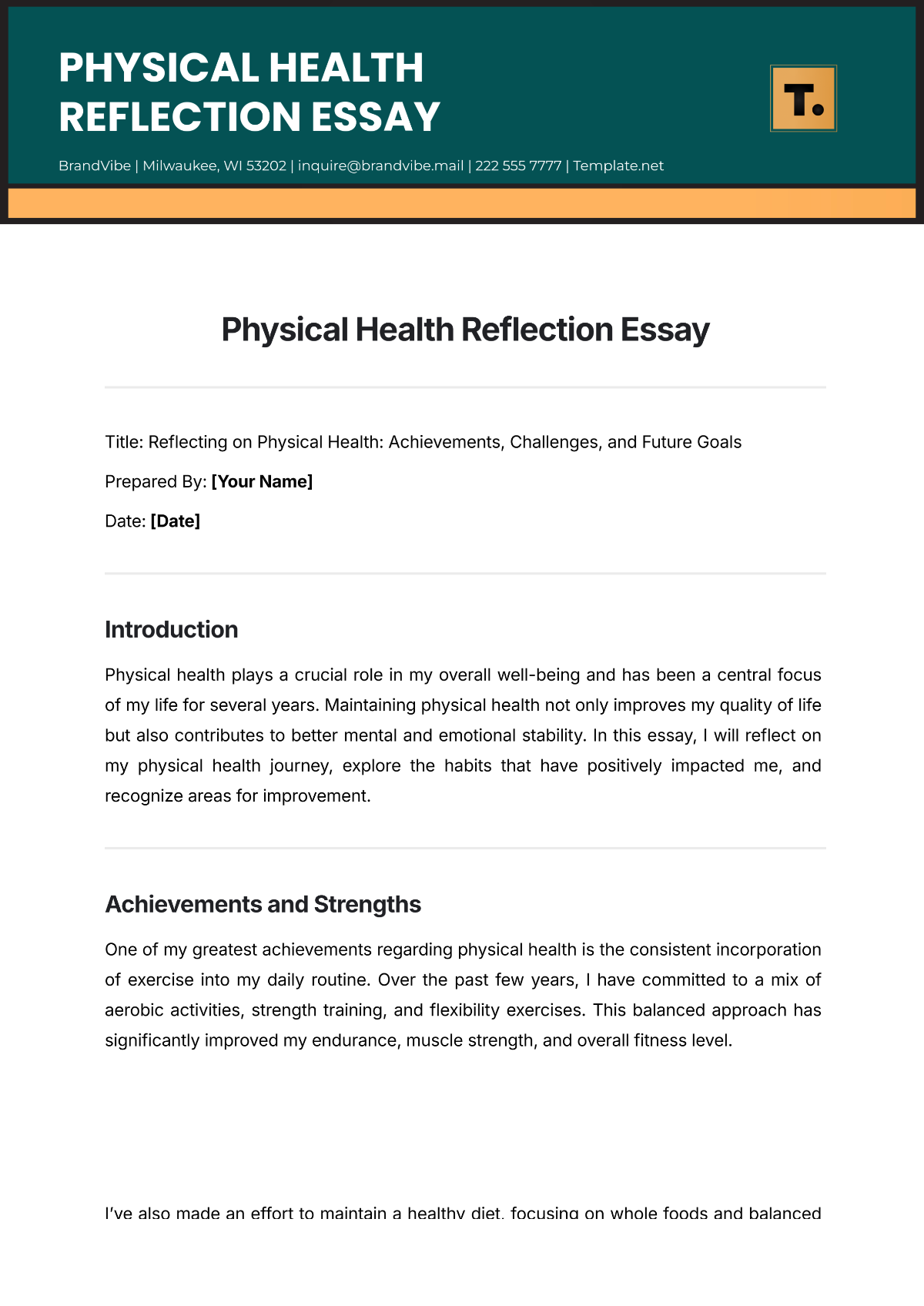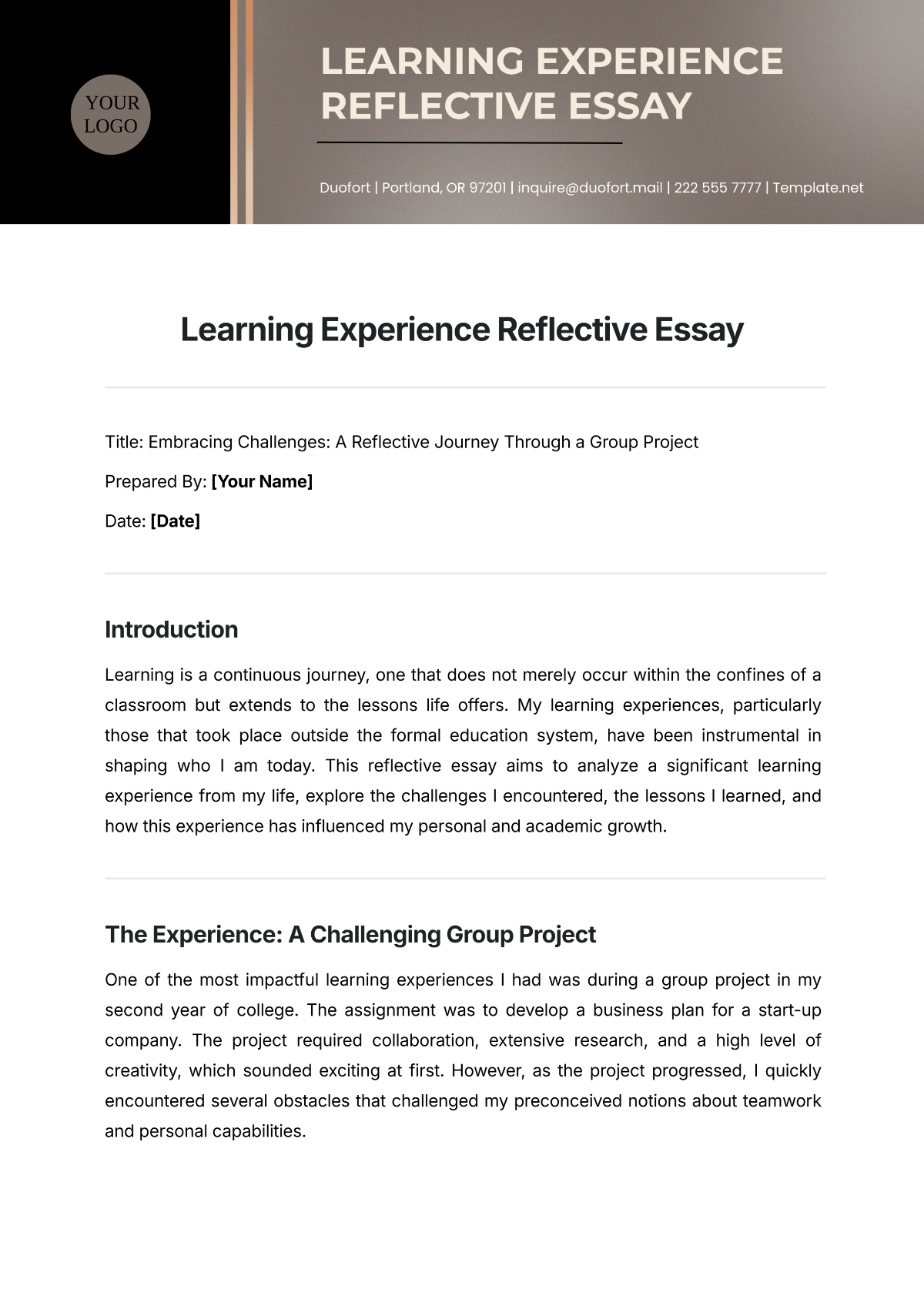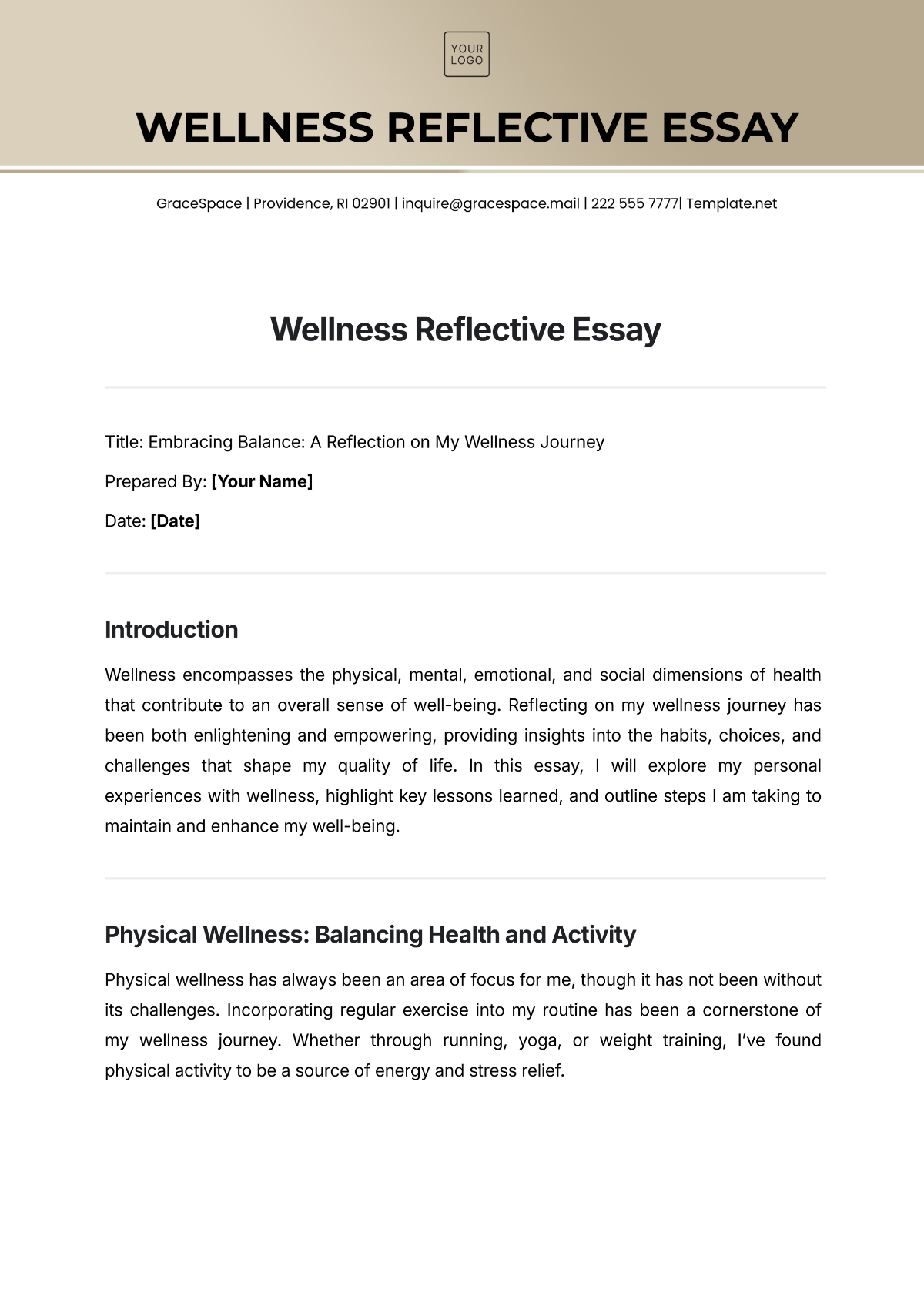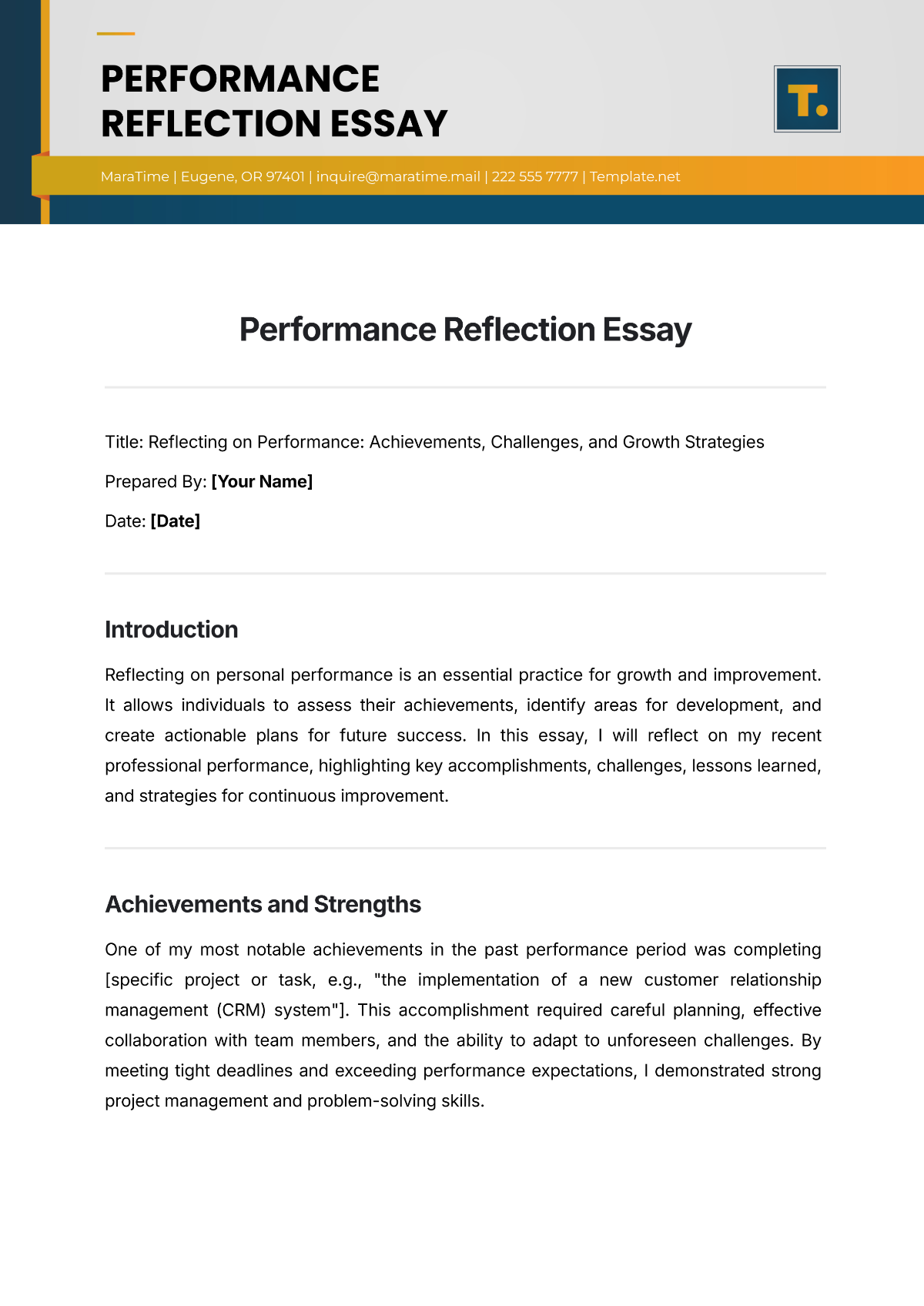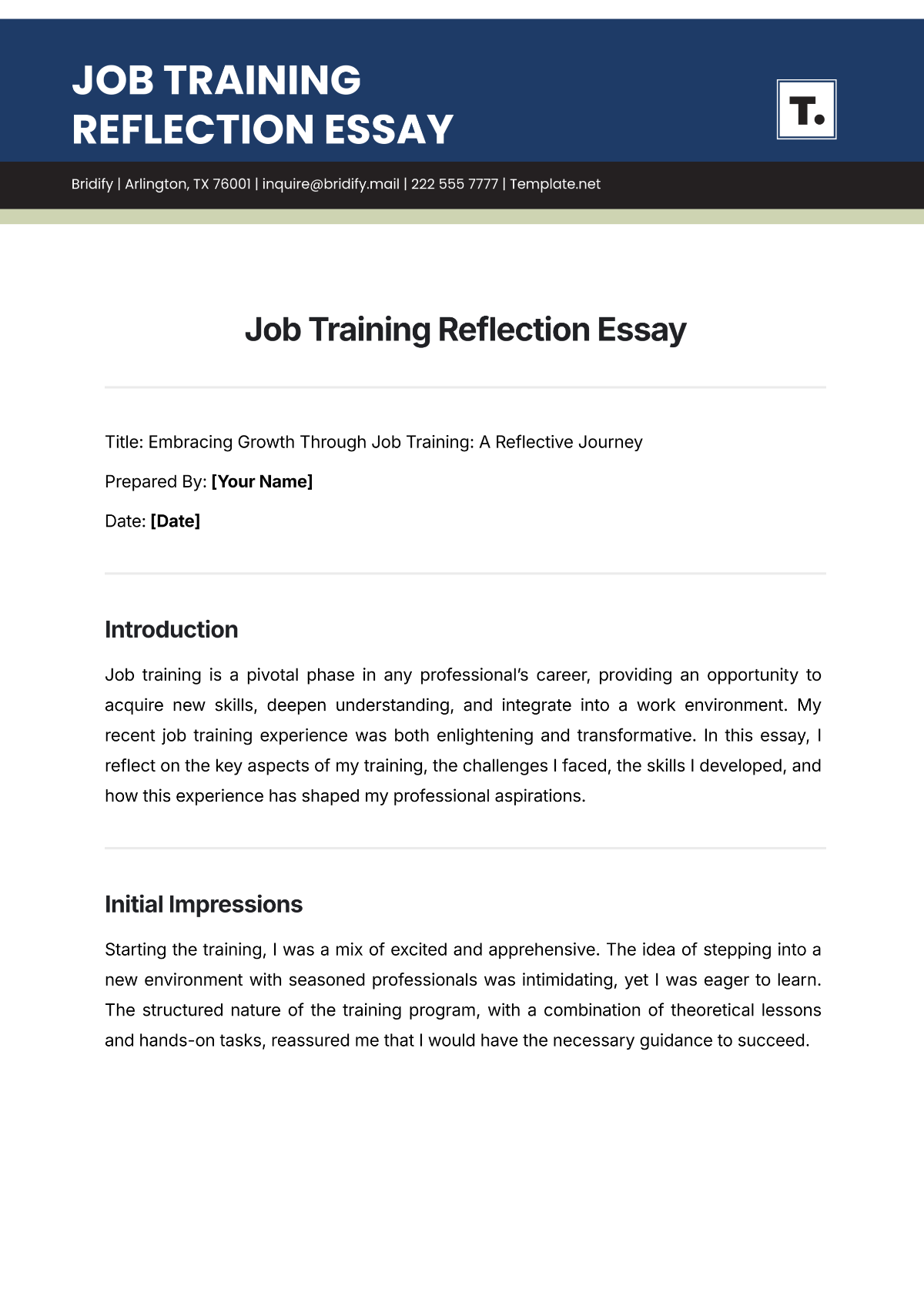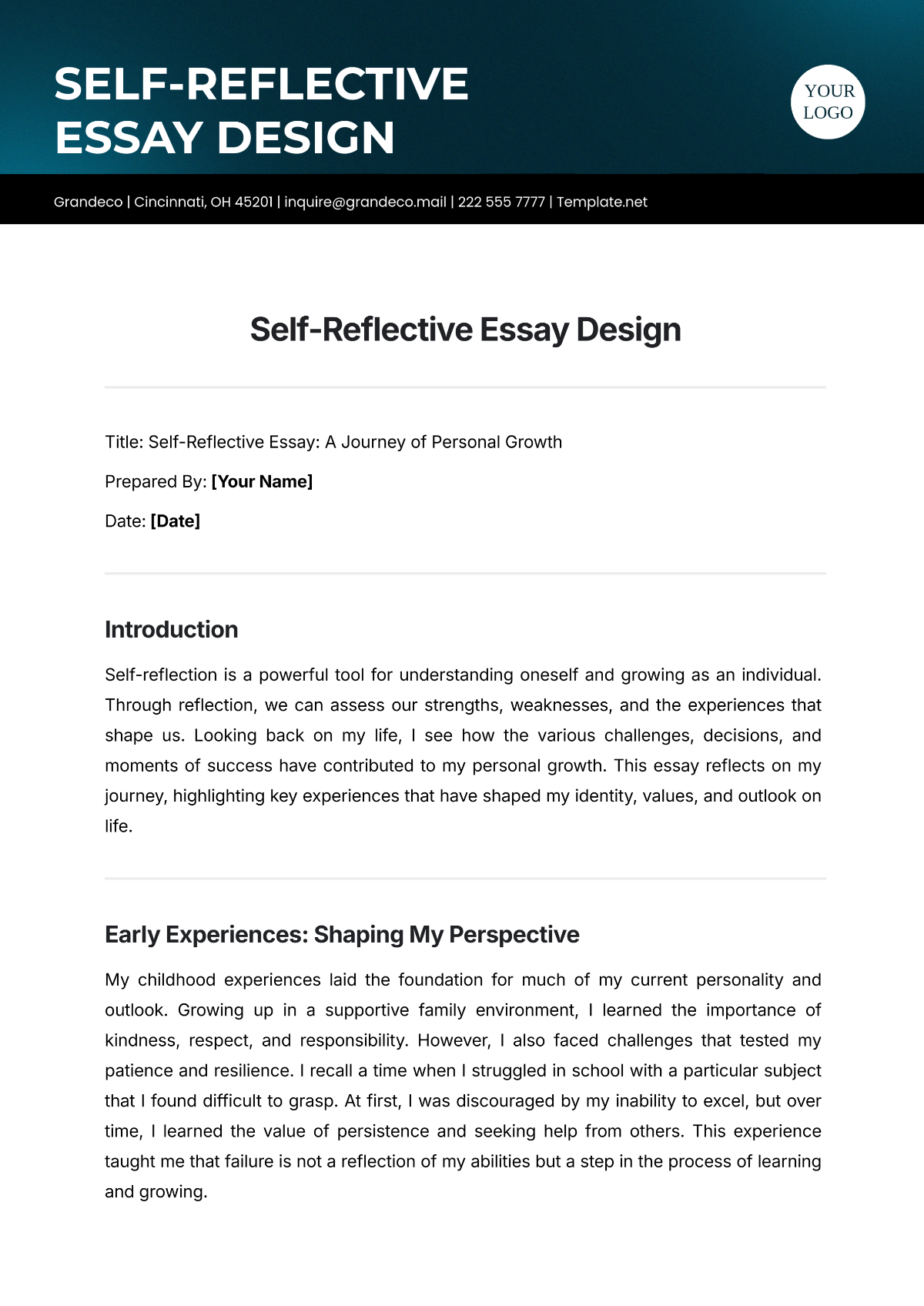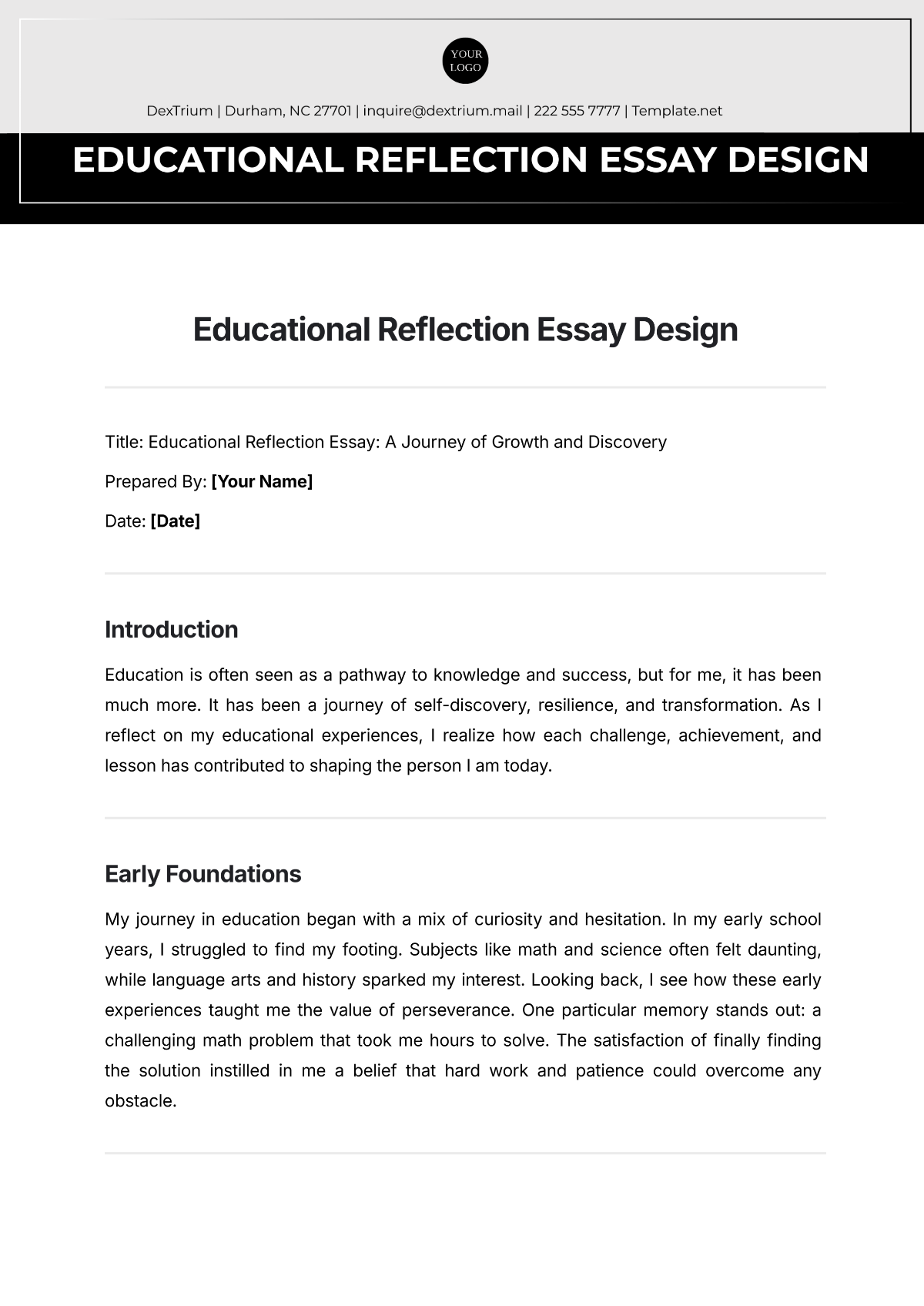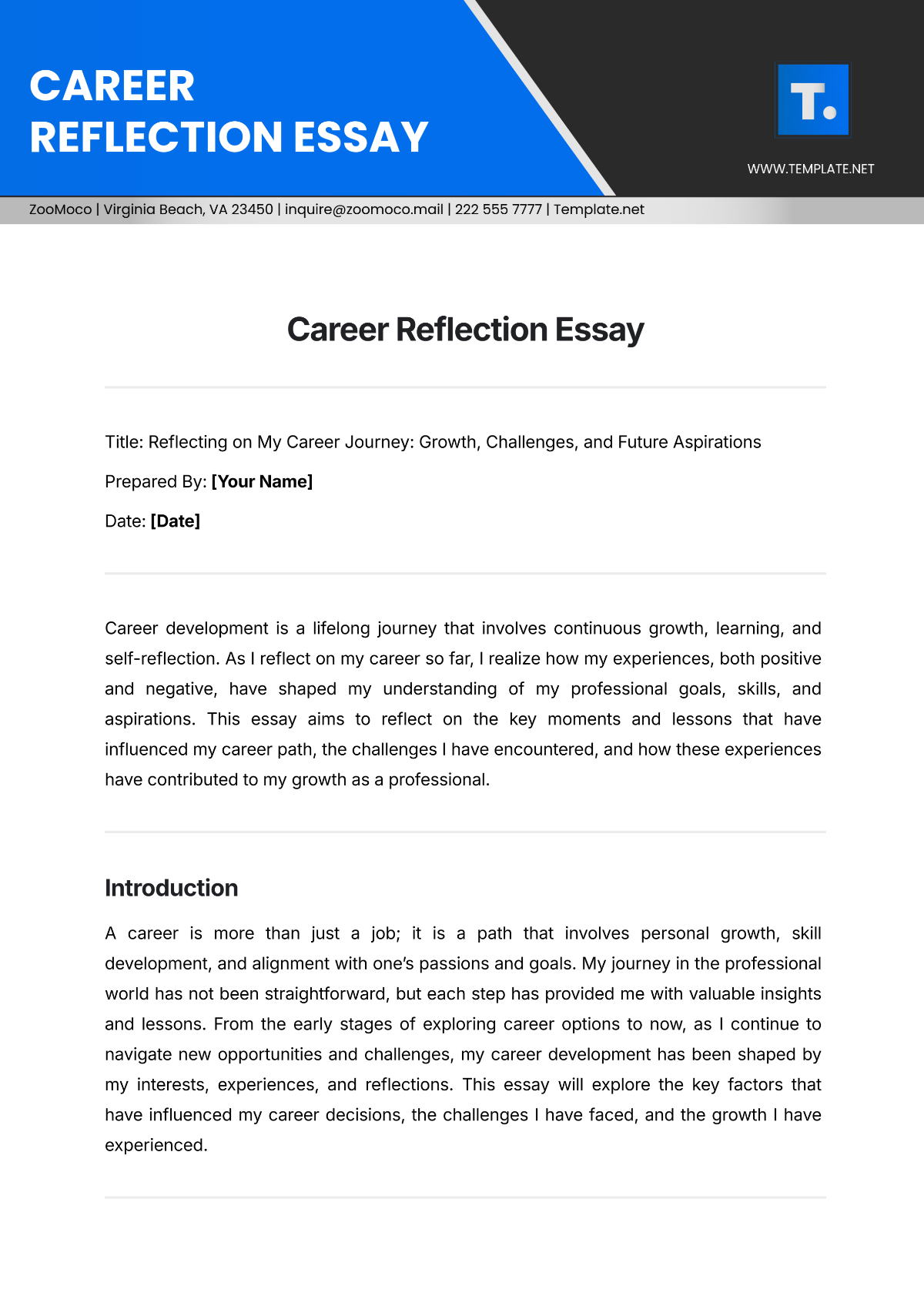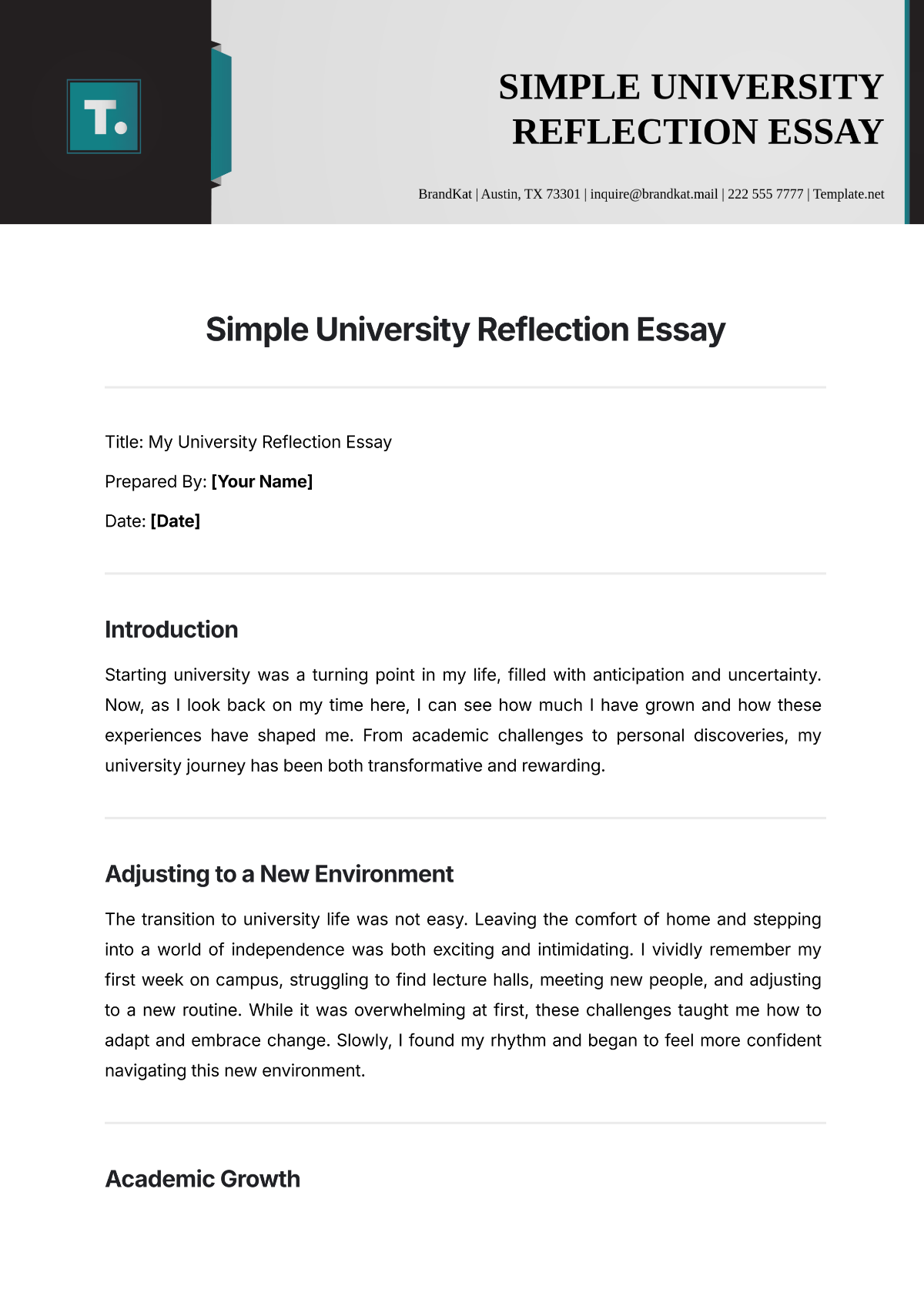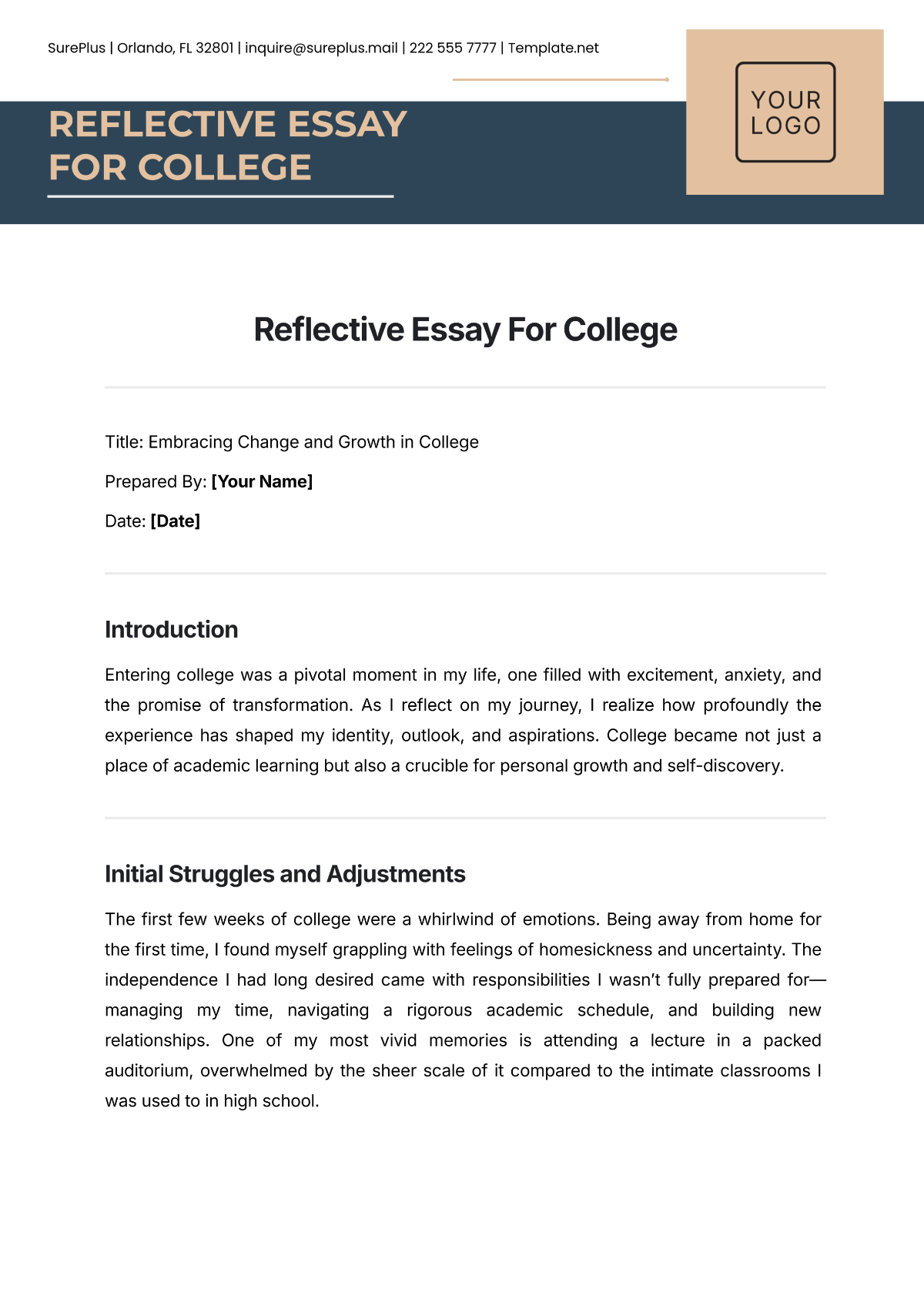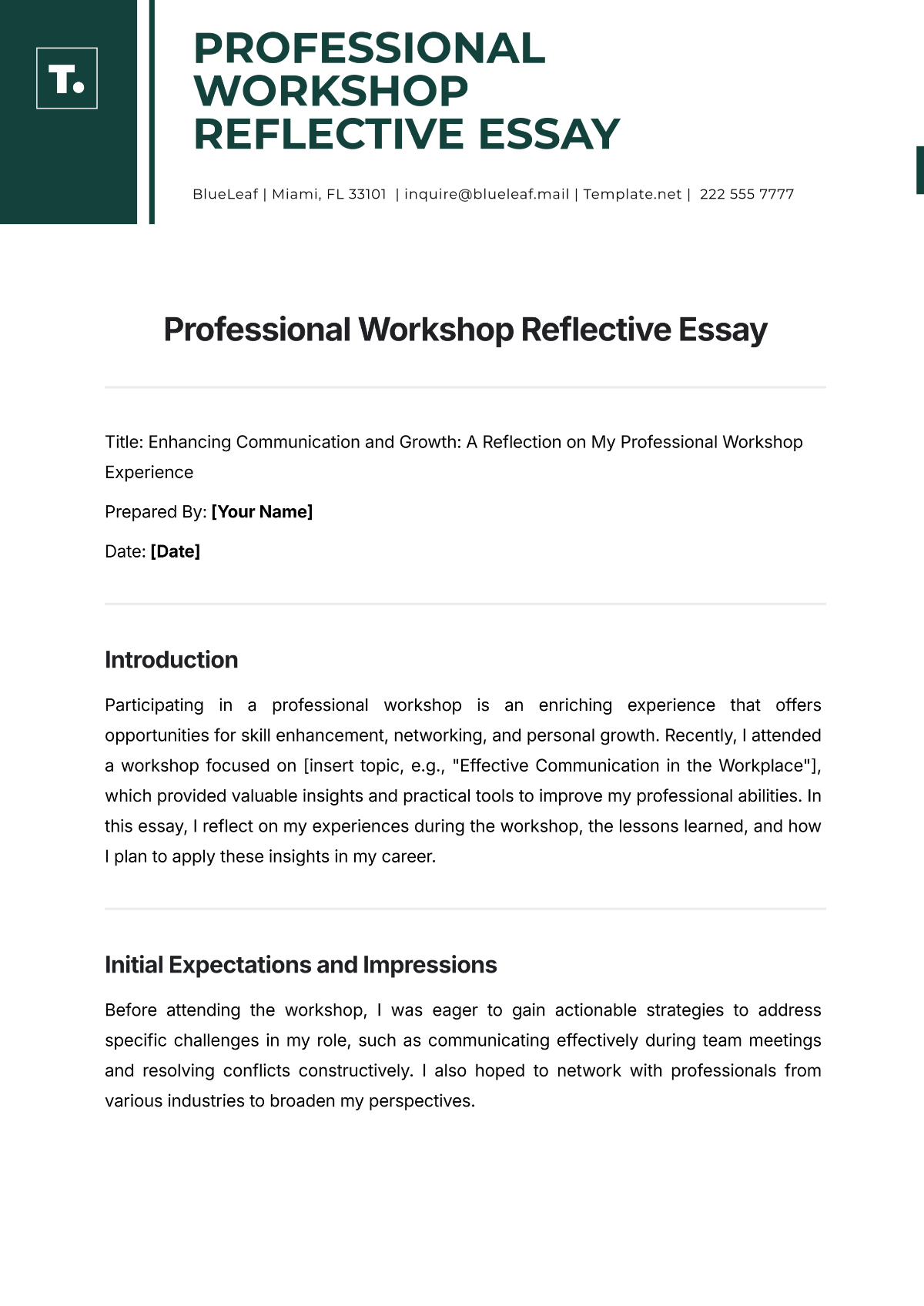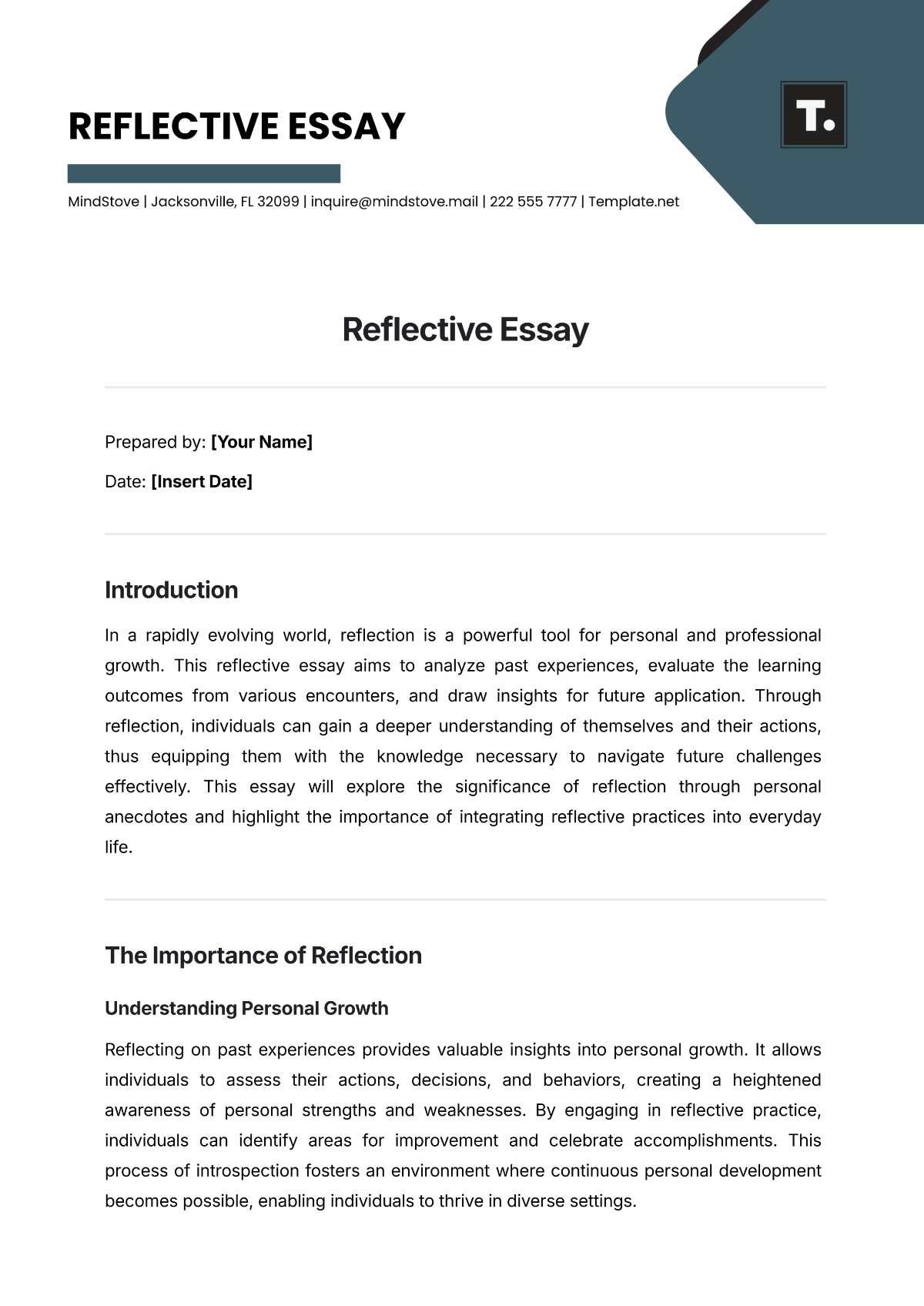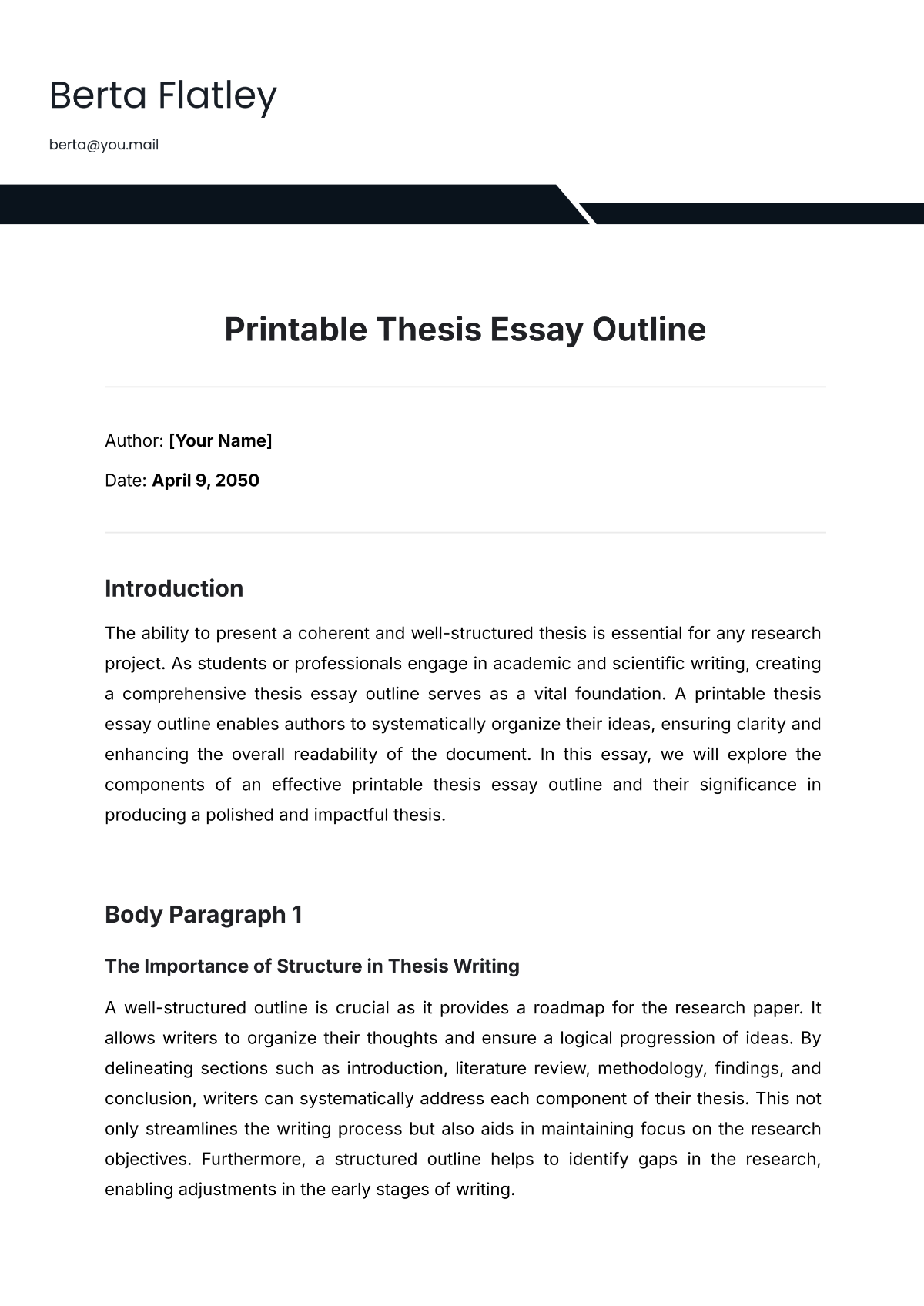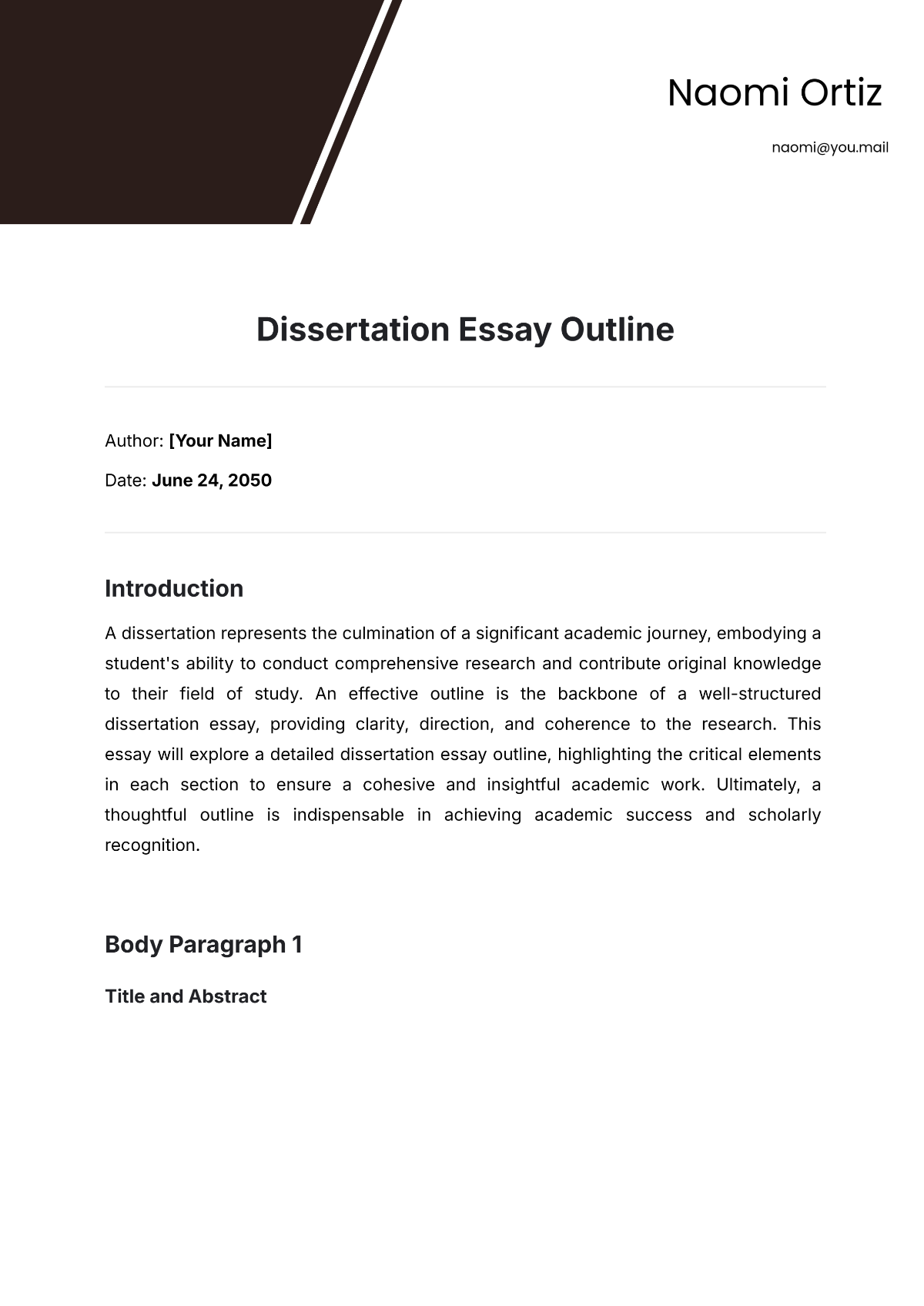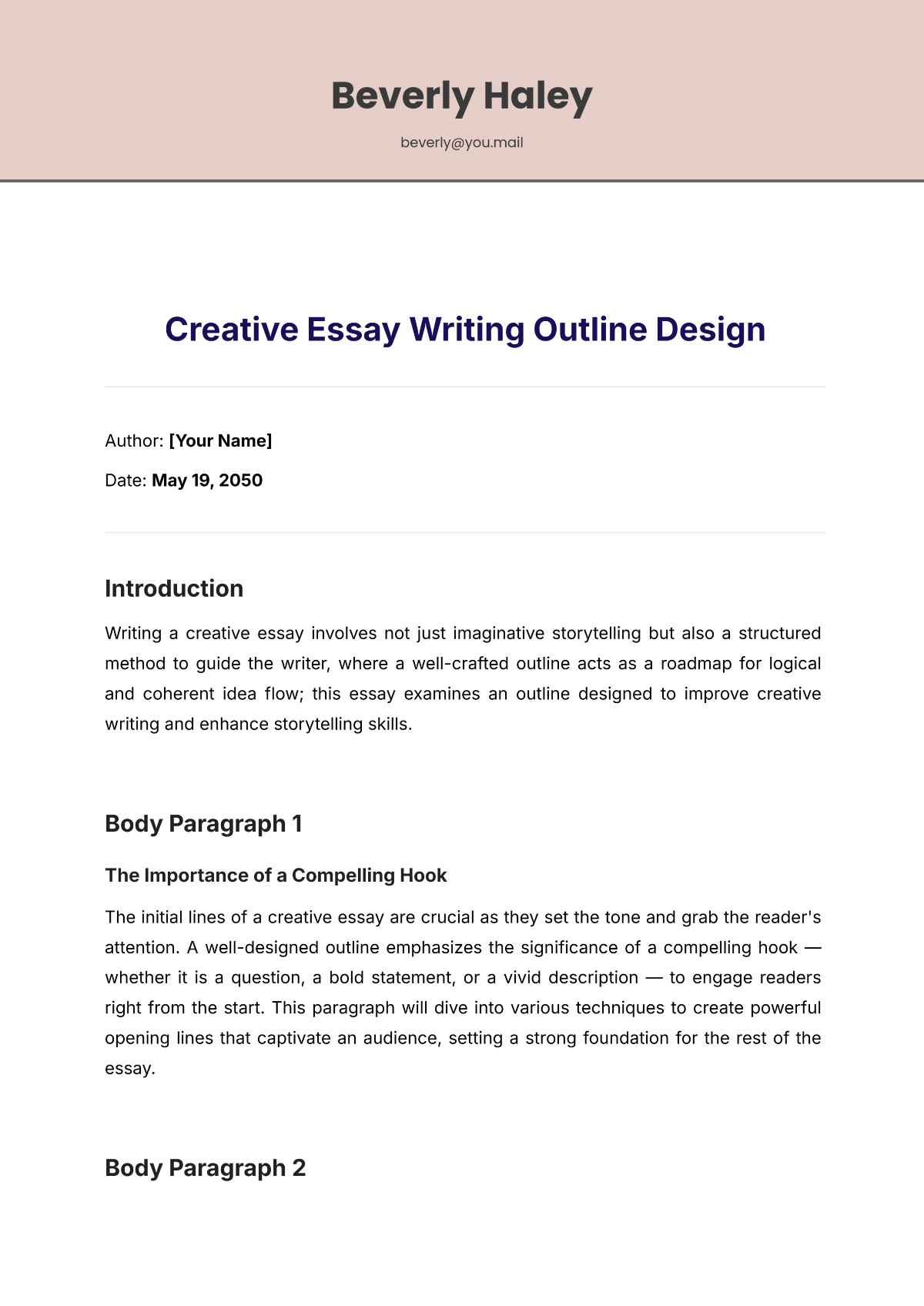Impact of Artificial Intelligence (AI) Expository Essay
Written By: [YOUR NAME]
Artificial Intelligence (AI), a transformative force in the contemporary world, has profoundly altered various facets of society. This essay explores and explains the effects, implications, and influences of AI on the economy, healthcare, and employment, unveiling its intricate tapestry of impacts. Understanding AI's significance and ramifications is paramount as it continues to evolve and permeate different sectors.
AI, which refers to the simulation of human intelligence in machines programmed to think and learn like humans, has evolved remarkably over the past few decades. Initially confined to theoretical research, AI has expanded, encompassing machine learning, natural language processing, and neural networks. Today, it powers various technologies, from virtual assistants to complex data analytics tools.
One of the primary areas where AI has significantly impacted is the economy. AI technologies have enhanced productivity and efficiency across multiple industries. For example, AI-driven automation in manufacturing has streamlined production processes, minimizing human error and reducing costs. Moreover, AI algorithms enable businesses to analyze vast amounts of data, leading to better decision-making and innovation. However, it's also crucial to acknowledge the potential for job displacement due to AI automation, which could require societal adaptation and reskilling efforts.
In healthcare, AI has paved the way for revolutionary advancements. AI-powered diagnostic tools and predictive analytics have improved patient outcomes by enabling early disease detection and personalized treatment plans. Applications like AI-driven imaging systems can identify abnormalities with higher accuracy than human practitioners. Furthermore, AI's ability to analyze medical research and patient data has facilitated the development of novel treatments and drugs, expediting the process of medical innovation.
AI's influence extends to the realm of employment as well. While AI has automated routine tasks, freeing up human workers to focus on more complex and creative endeavors, it has also introduced challenges. The shift towards AI and automation necessitates a workforce skilled in advanced technologies, prompting a re-evaluation of educational curriculums and lifelong learning initiatives. Addressing these changes is essential for ensuring that workers are equipped to thrive in an AI-driven economy.
A real-world example that highlights AI's impact is its use in autonomous vehicles. Companies like Tesla and Waymo have developed self-driving cars that use AI algorithms to navigate and make real-time decisions. These vehicles have the potential to reduce traffic accidents caused by human error, improve transportation efficiency, and revolutionize the automotive industry. However, they also raise concerns about safety, regulatory challenges, and the implications for employment in driving-related professions.
In summary, AI has a profound impact on various aspects of society, driving economic growth, transforming healthcare, and reshaping employment landscapes. As AI continues to evolve, it is crucial to balance its benefits with potential challenges, ensuring that society can leverage its advantages while mitigating its risks. Further research and thoughtful consideration will be essential in navigating the future trajectory of AI's development and integration into daily life.



